
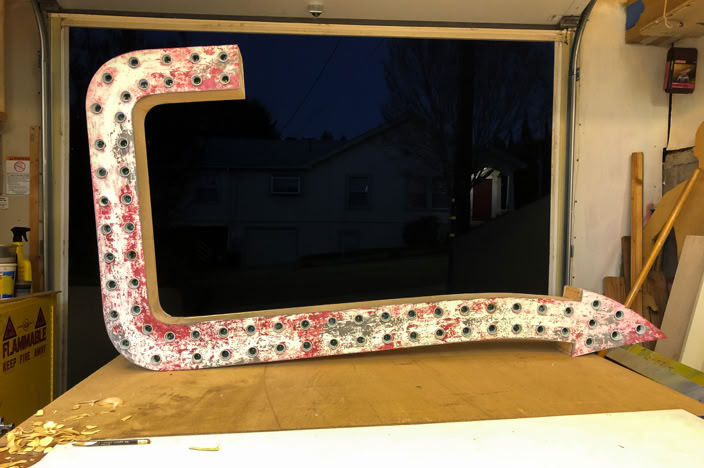
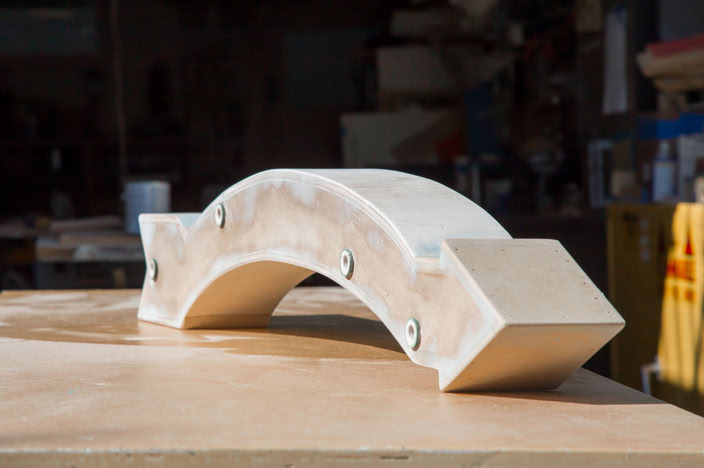
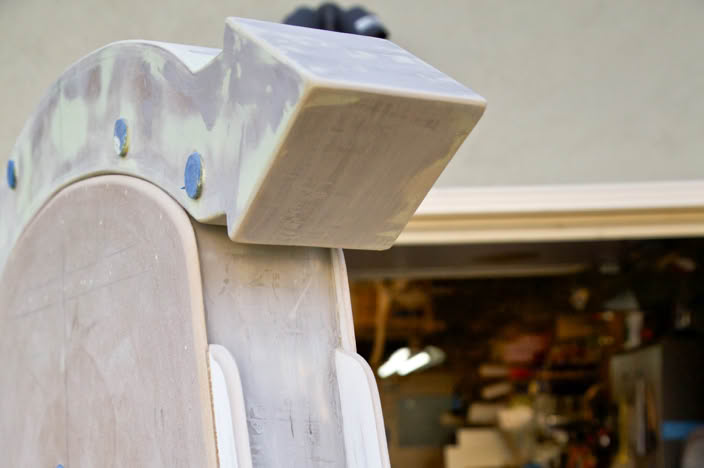
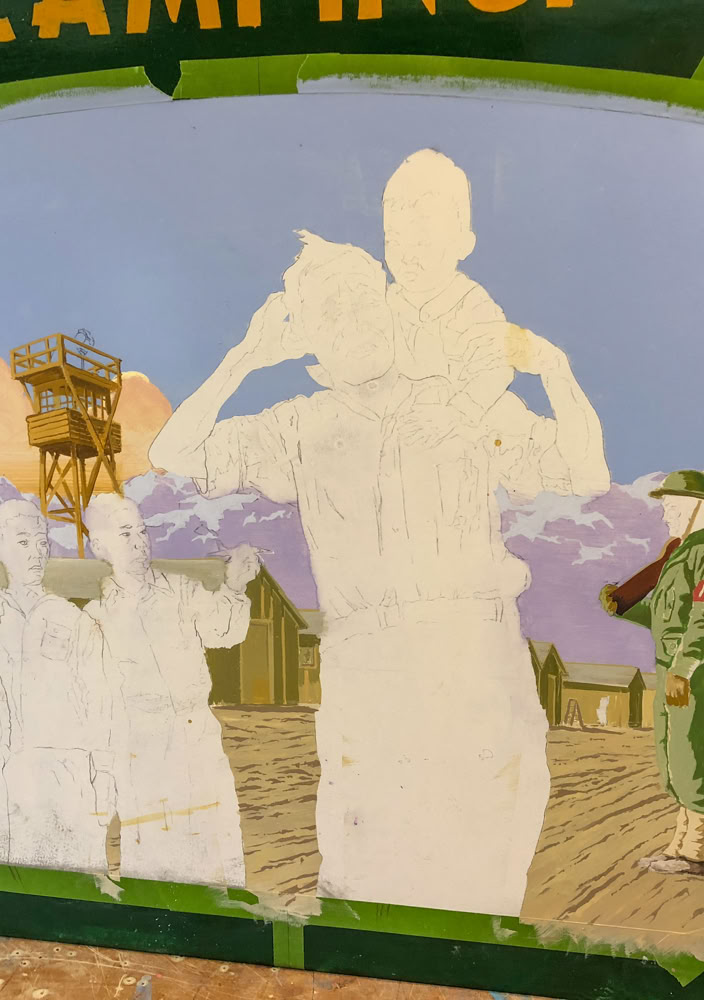
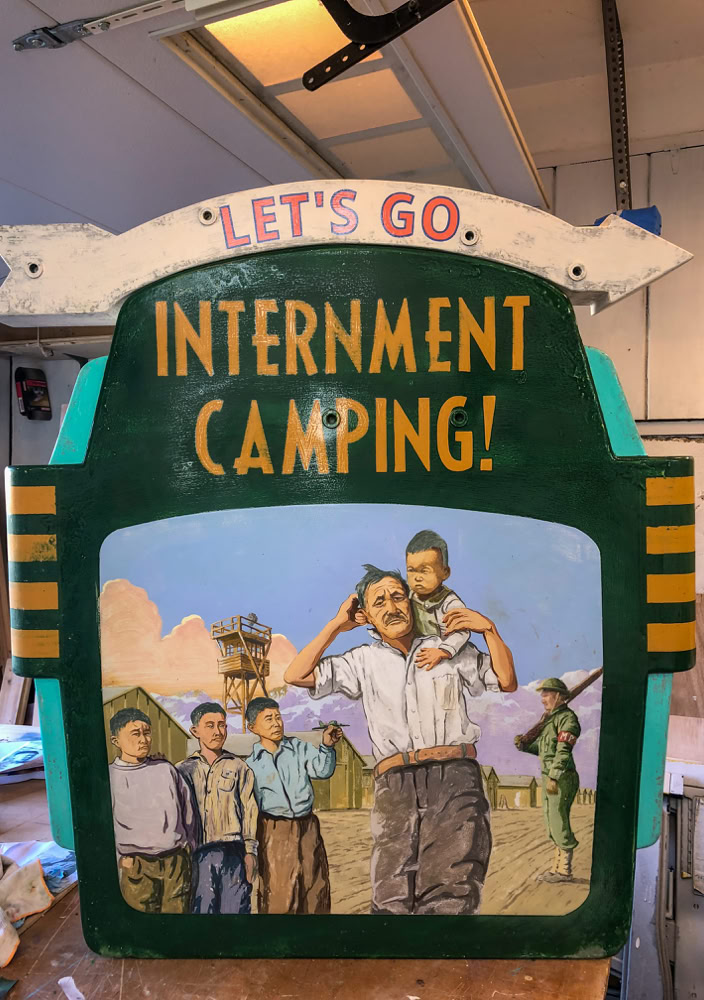
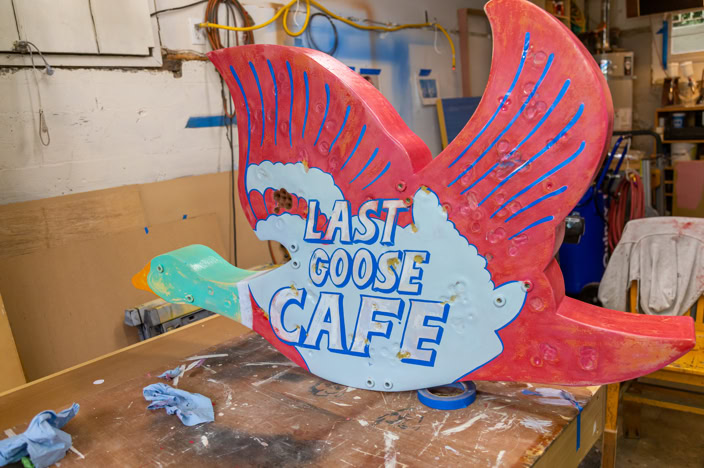
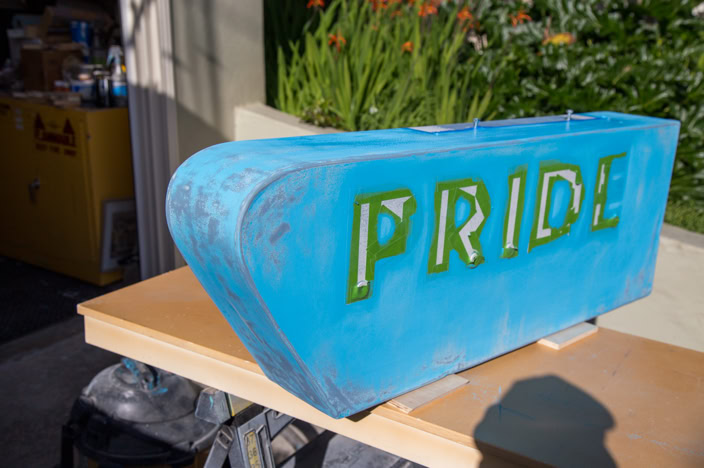
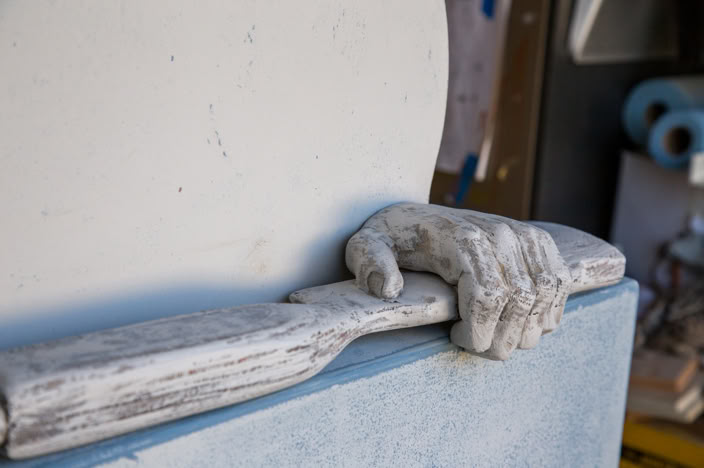
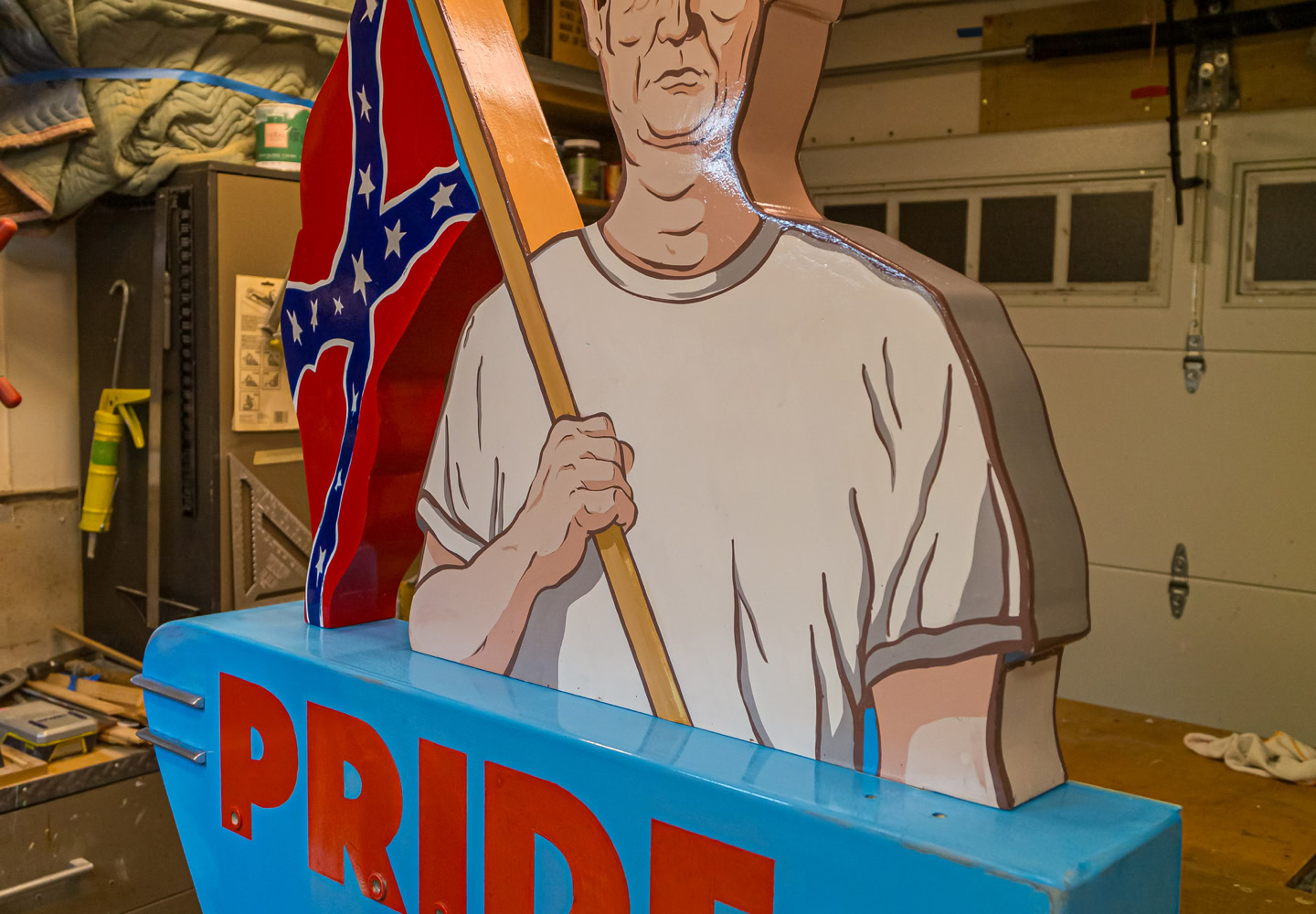
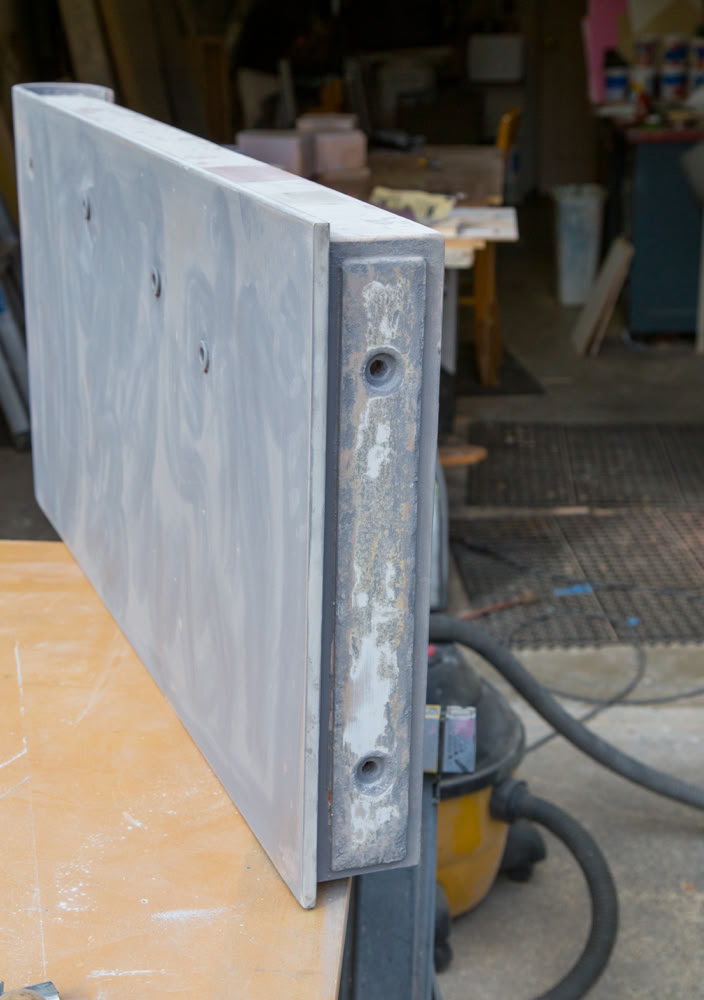
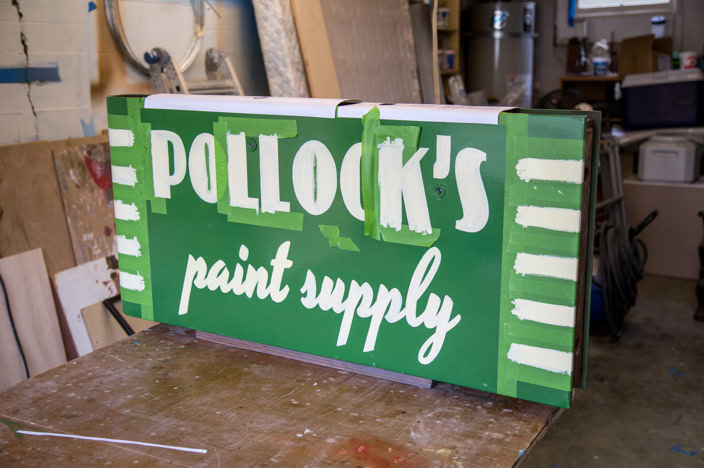
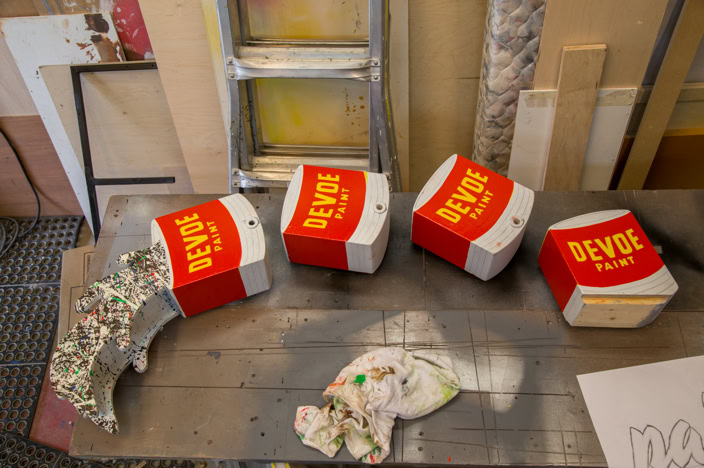
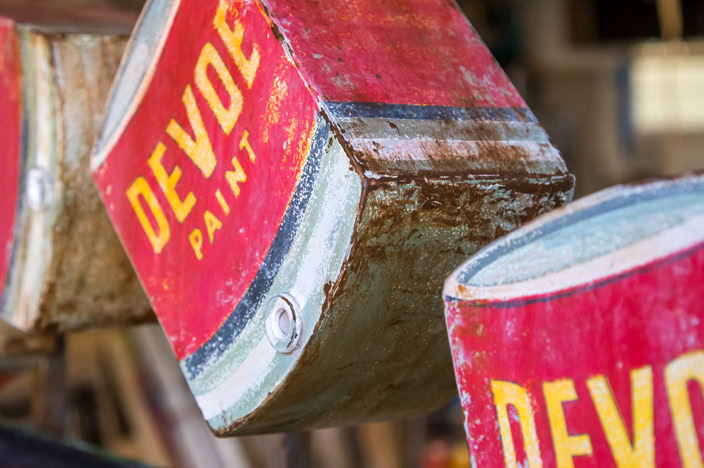
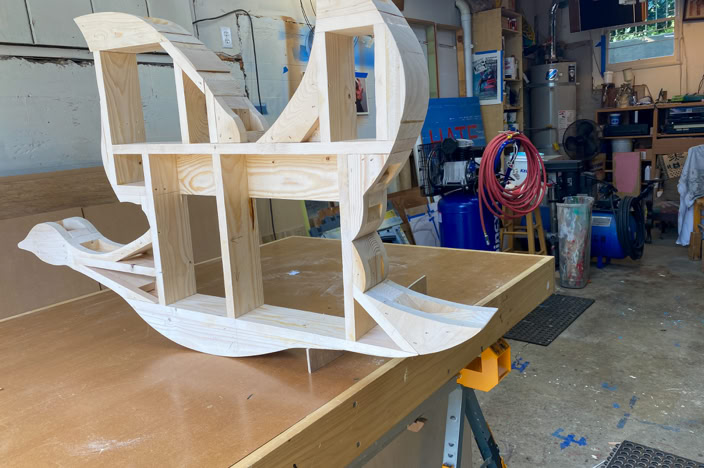
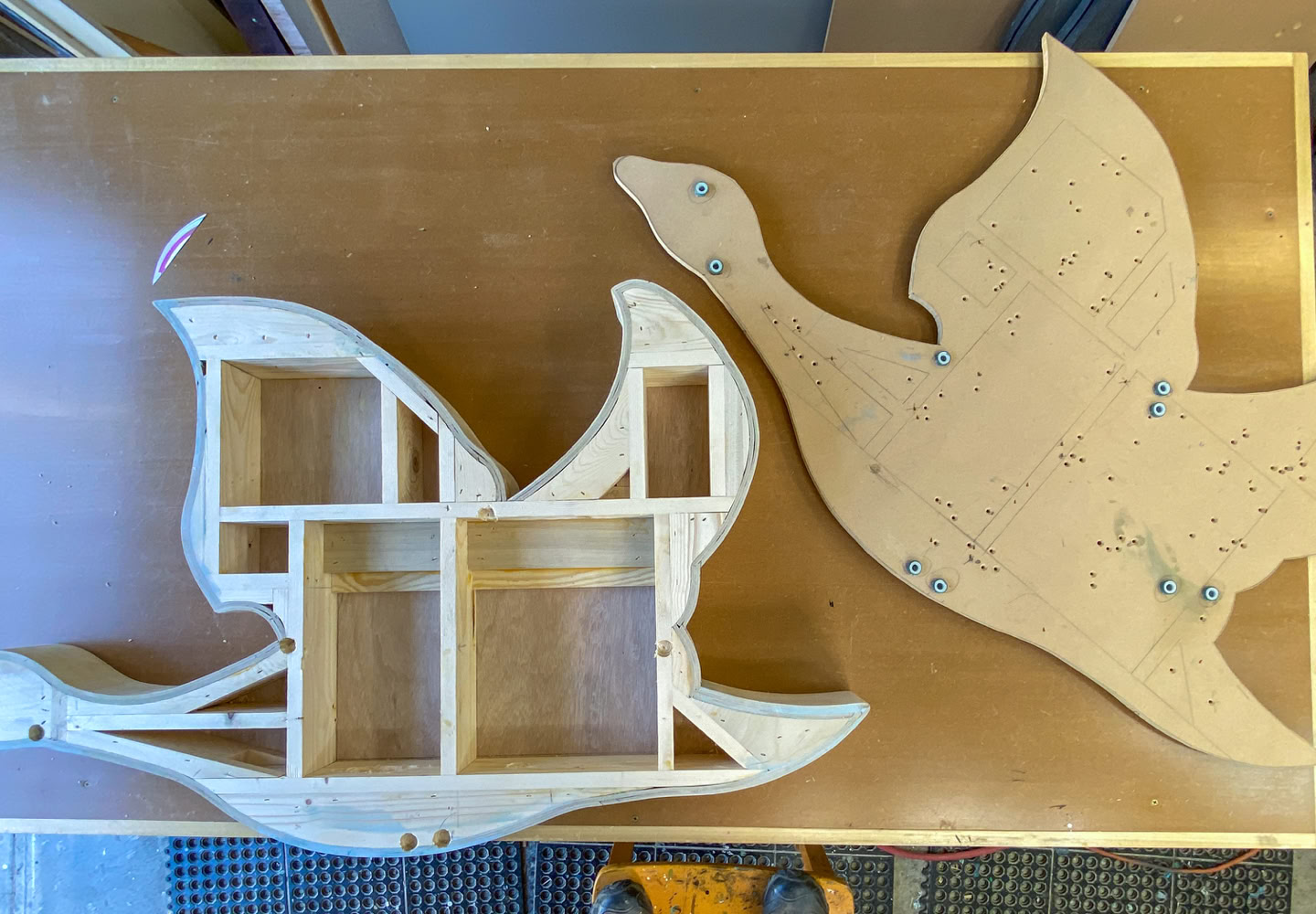
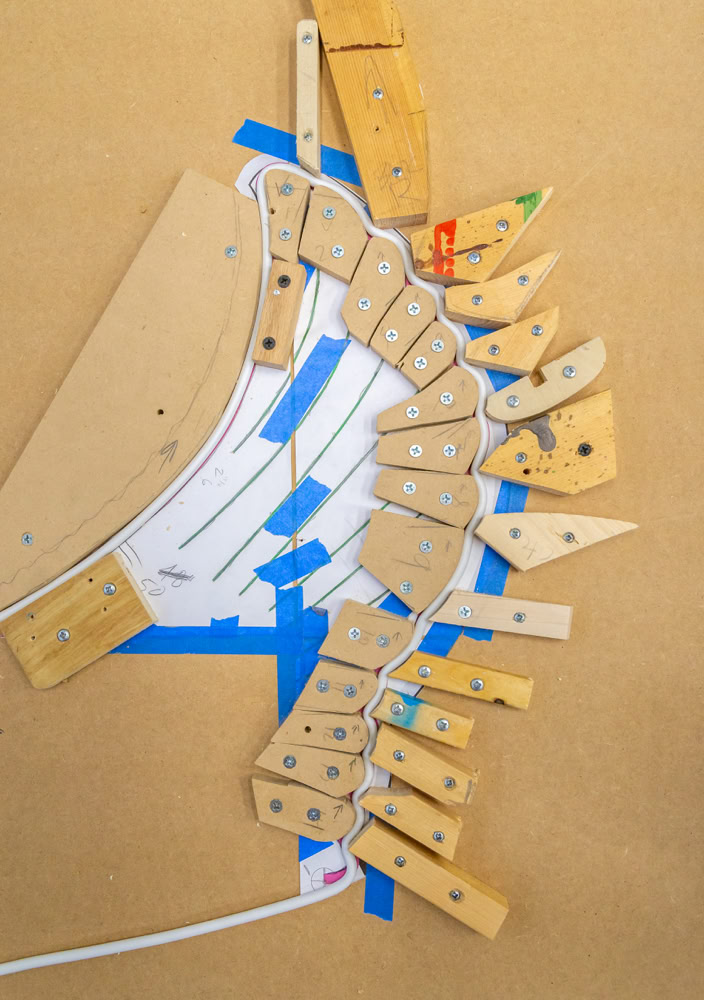
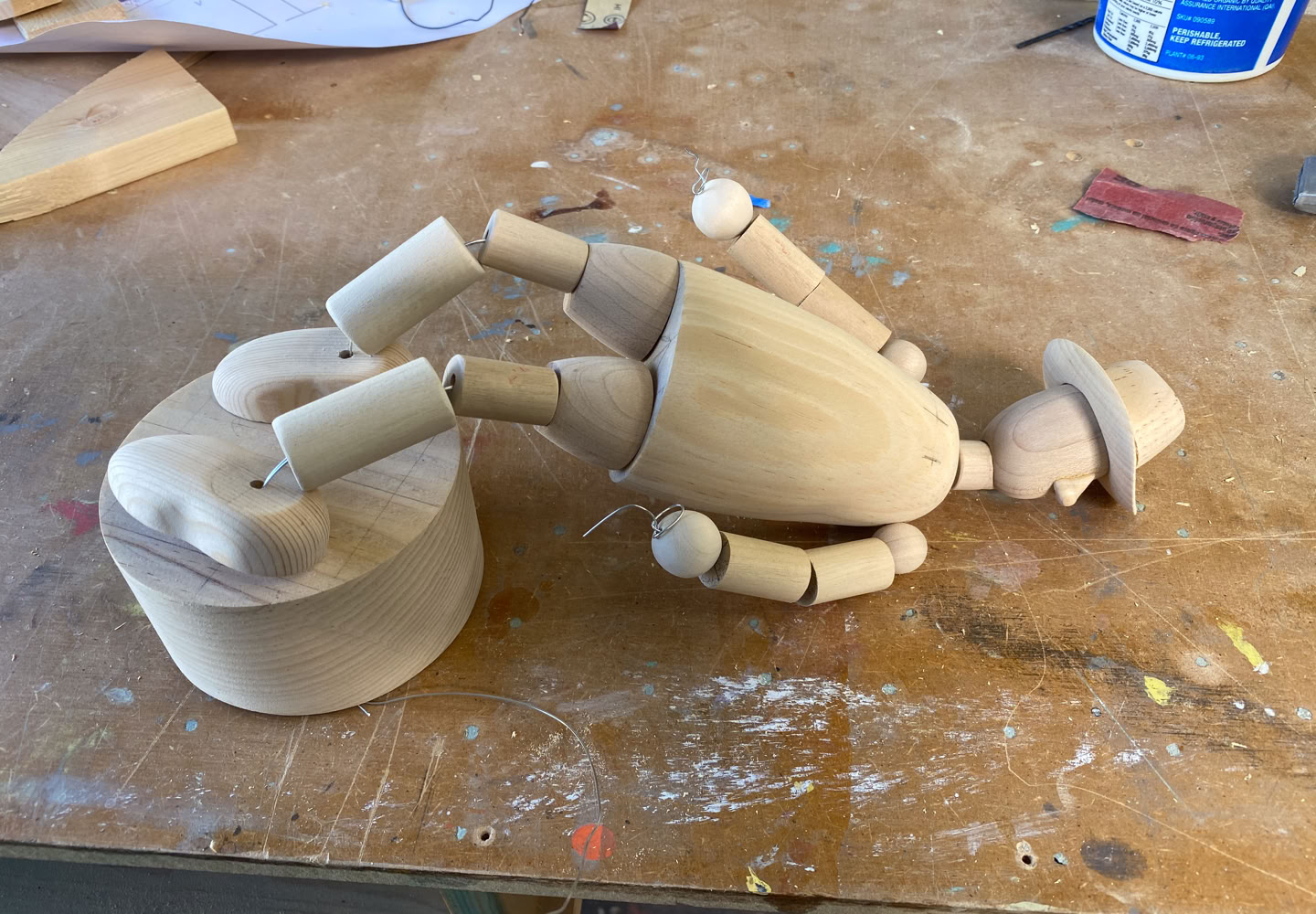
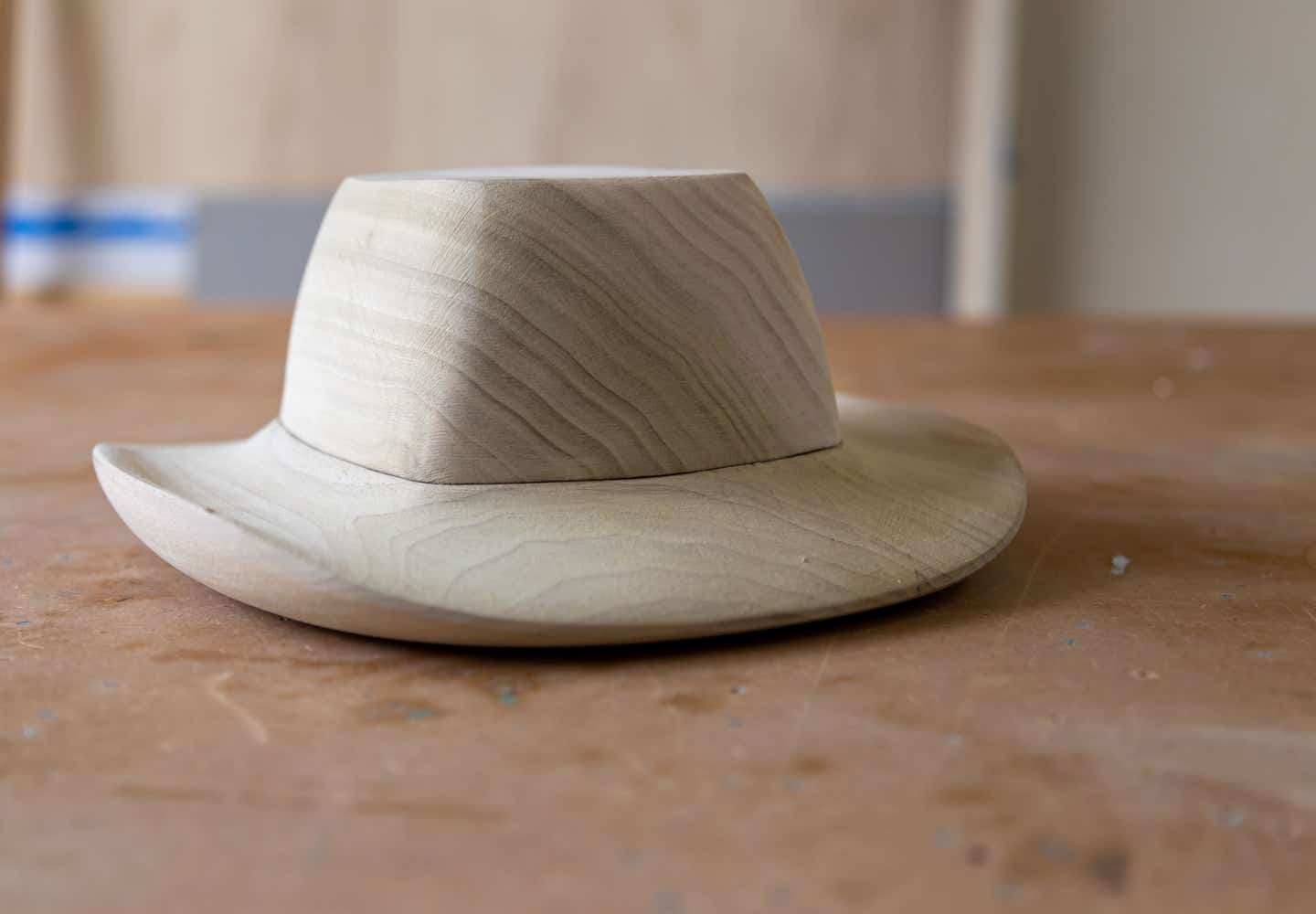
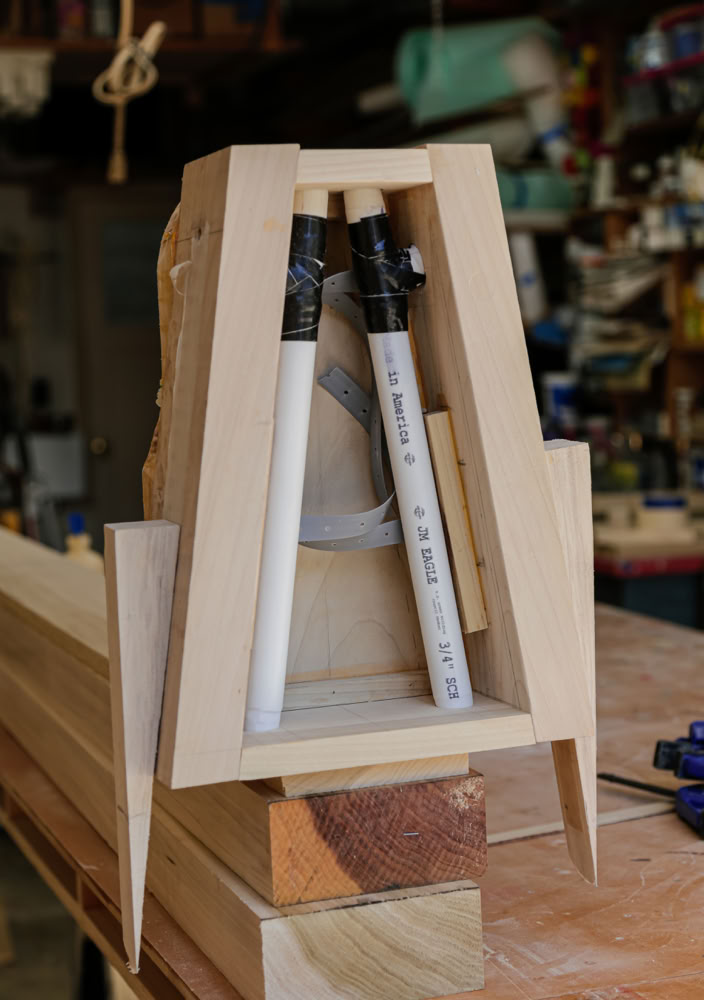
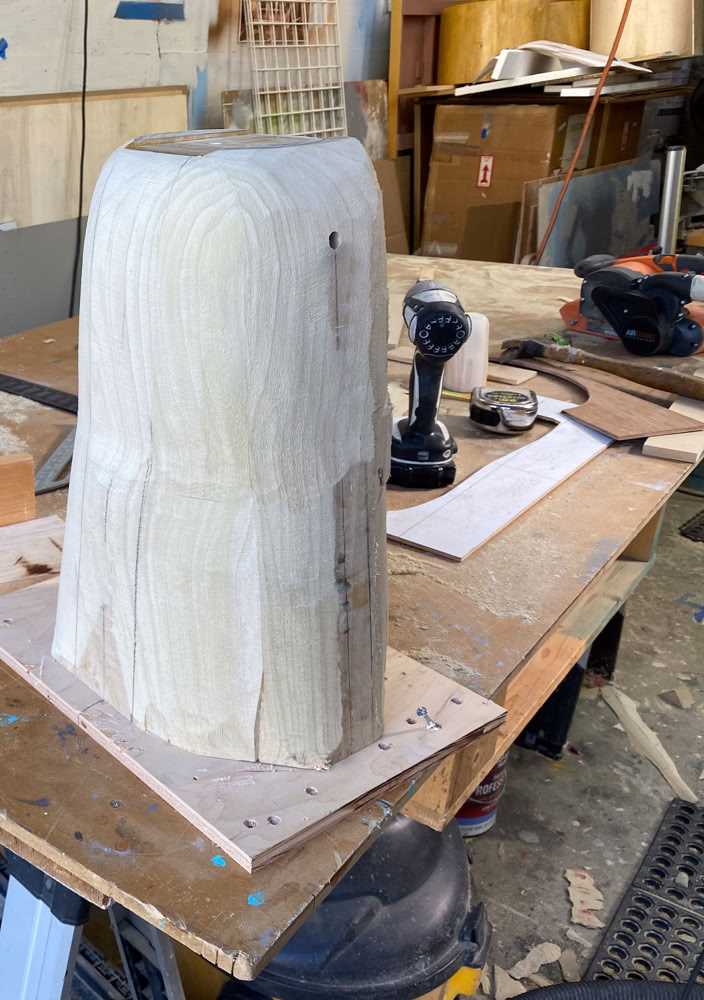
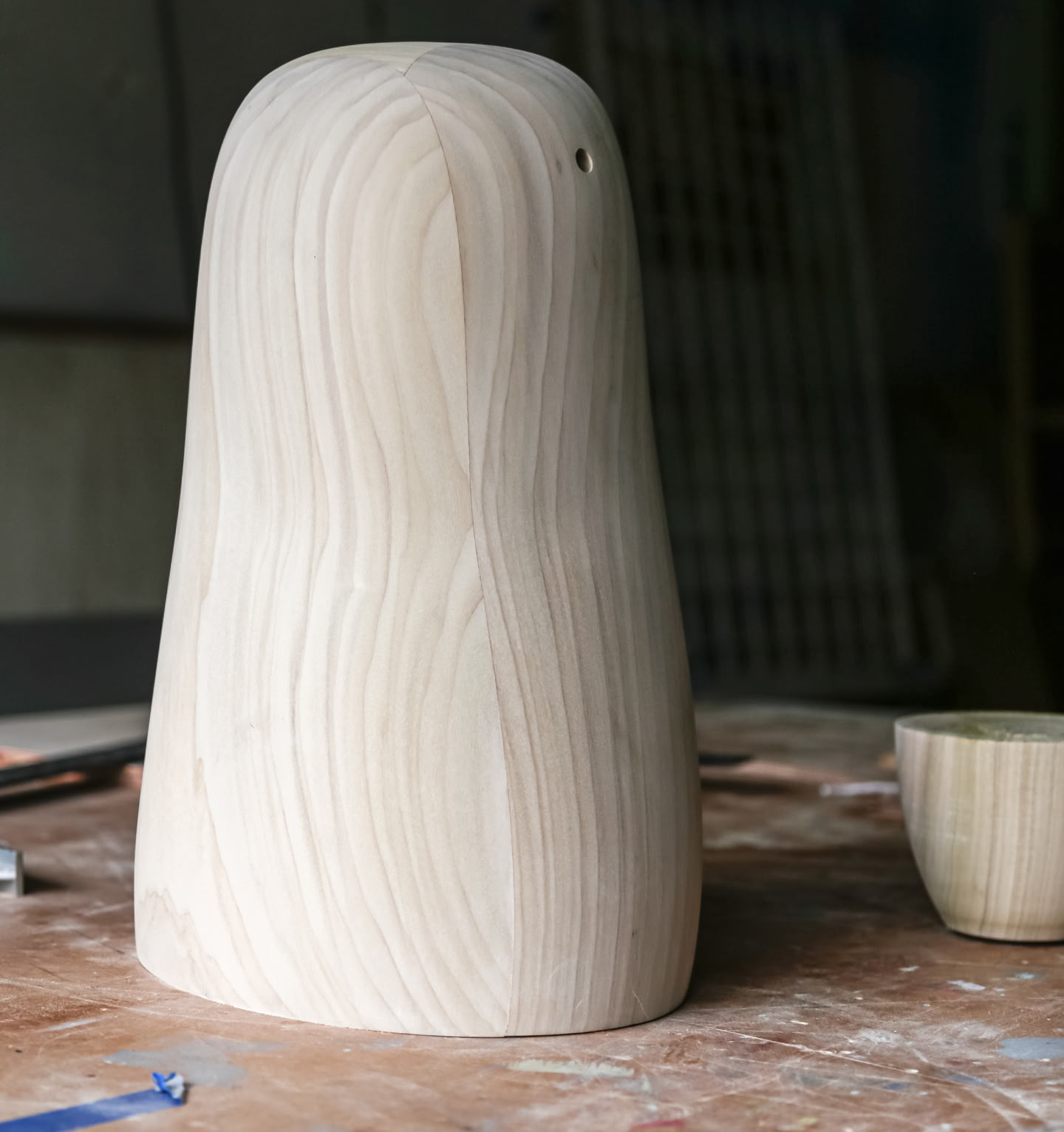
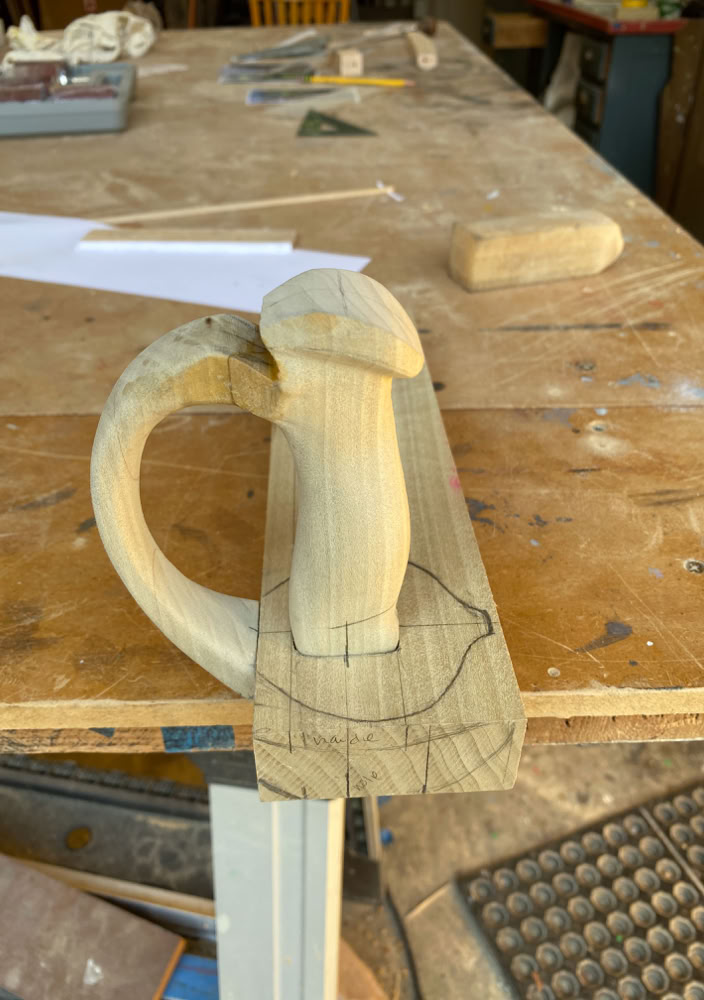
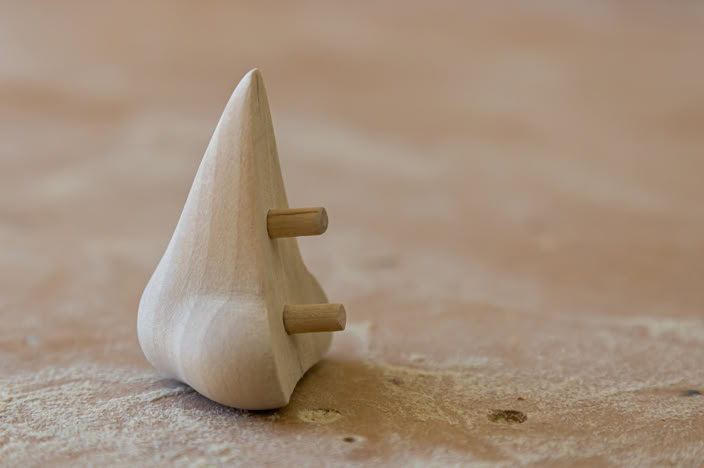
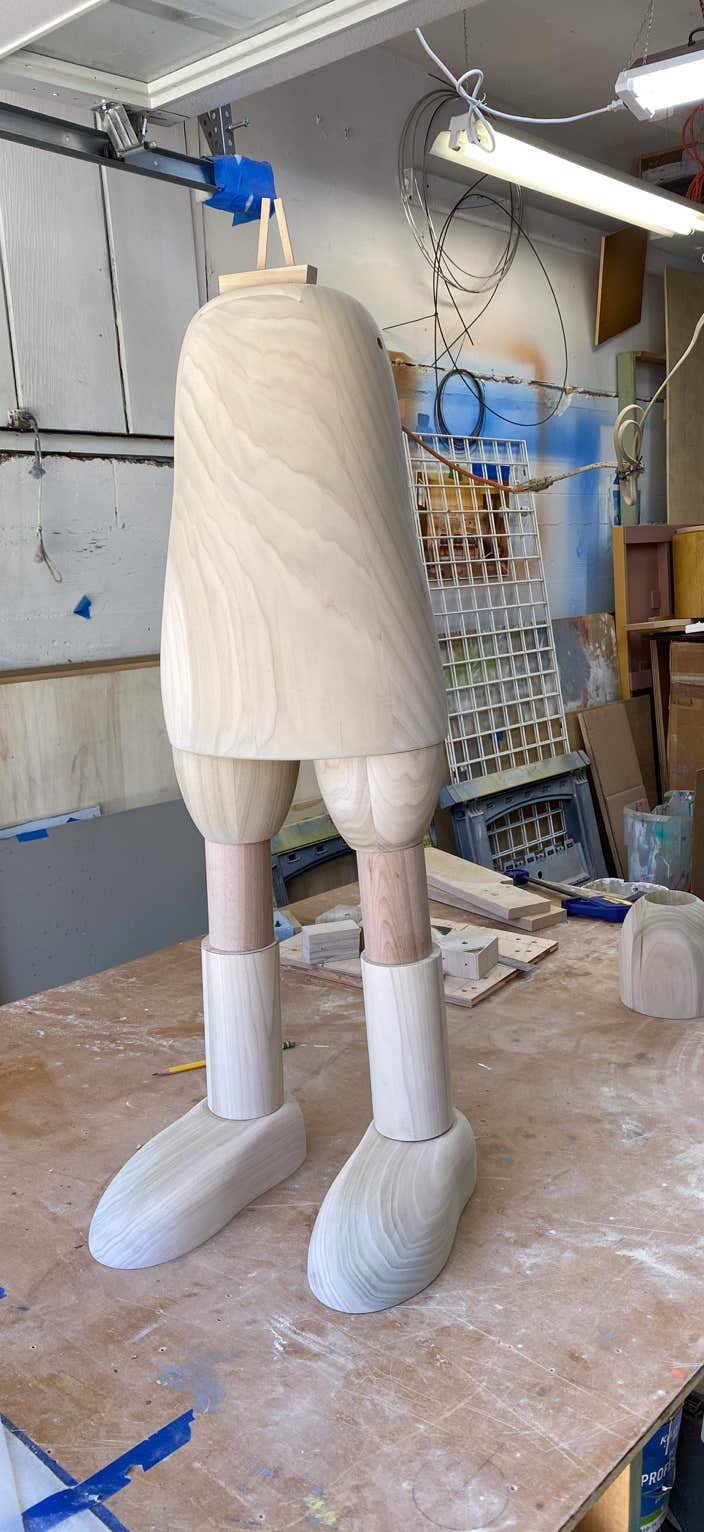
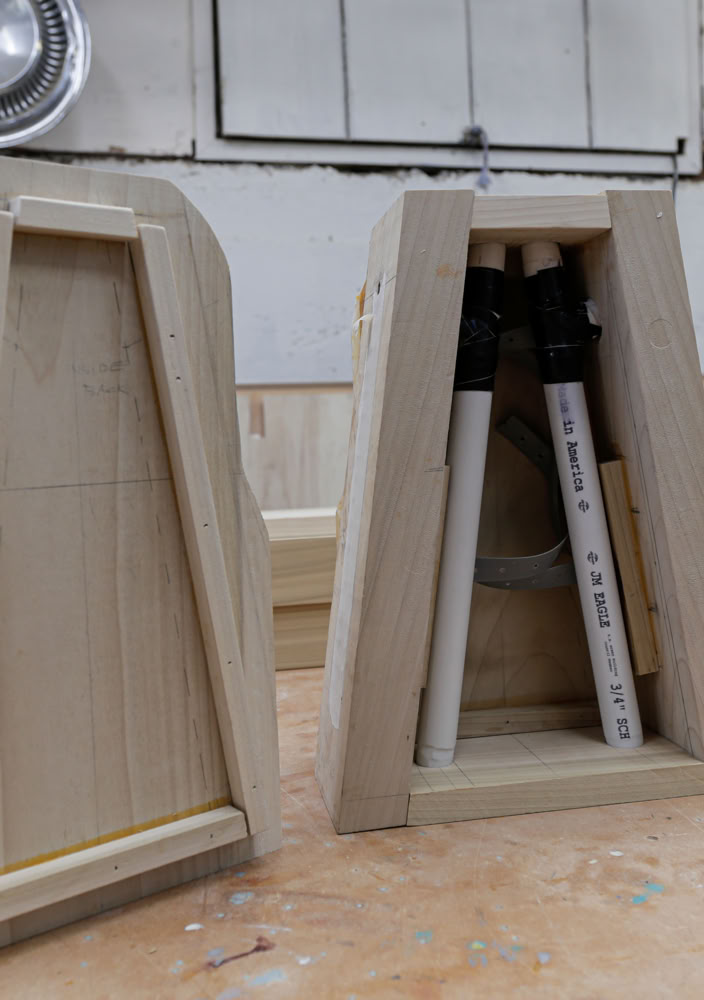
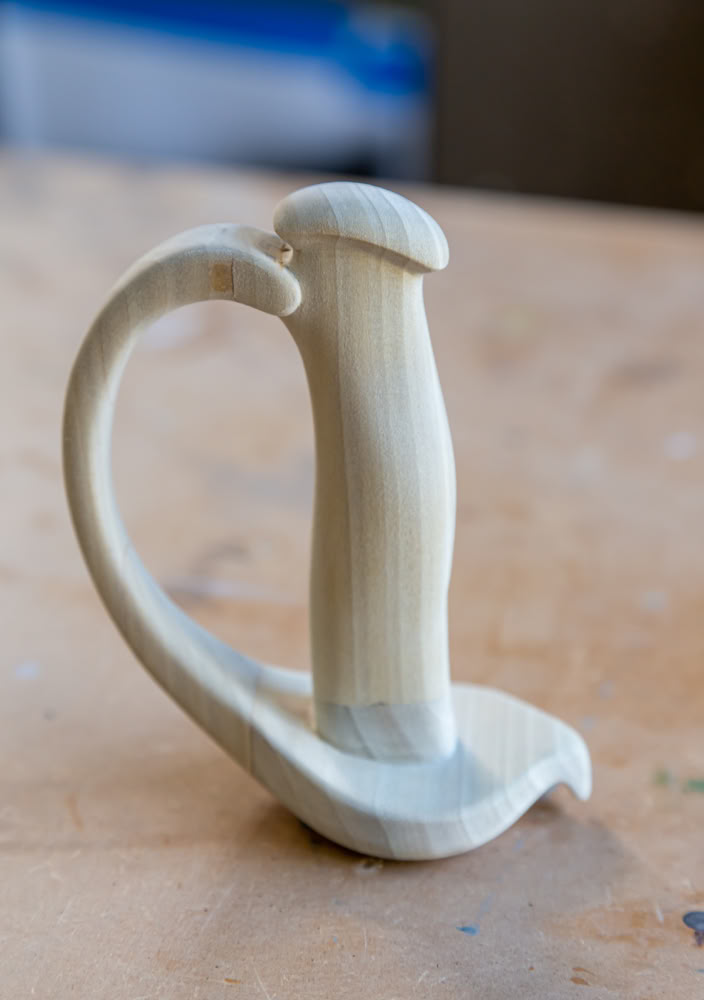
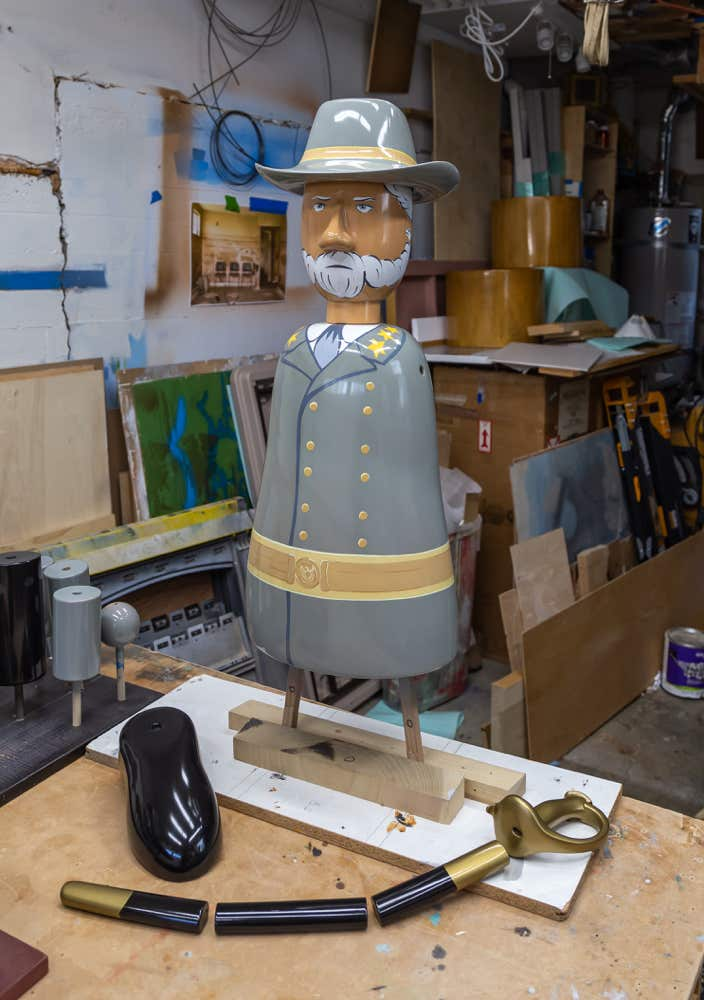
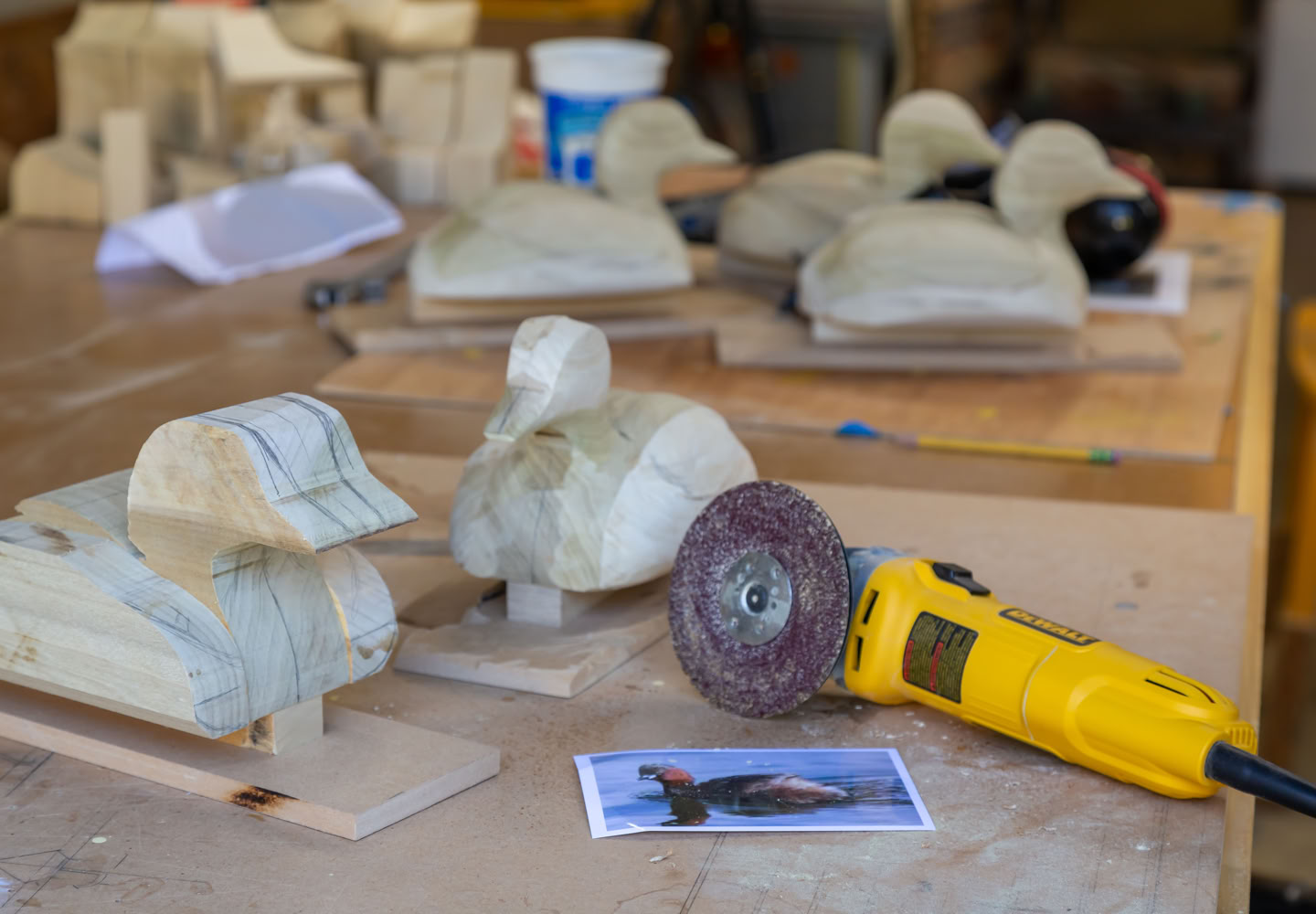
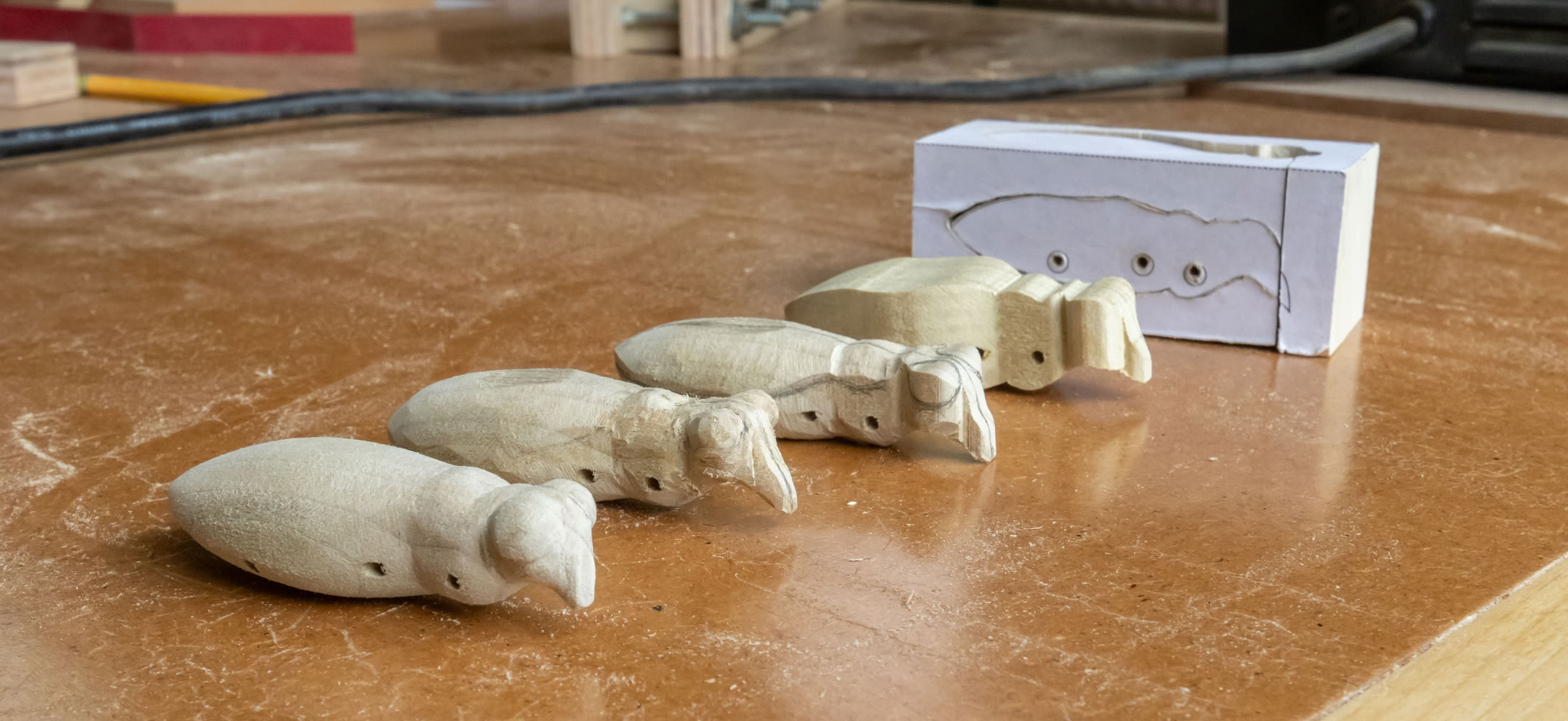
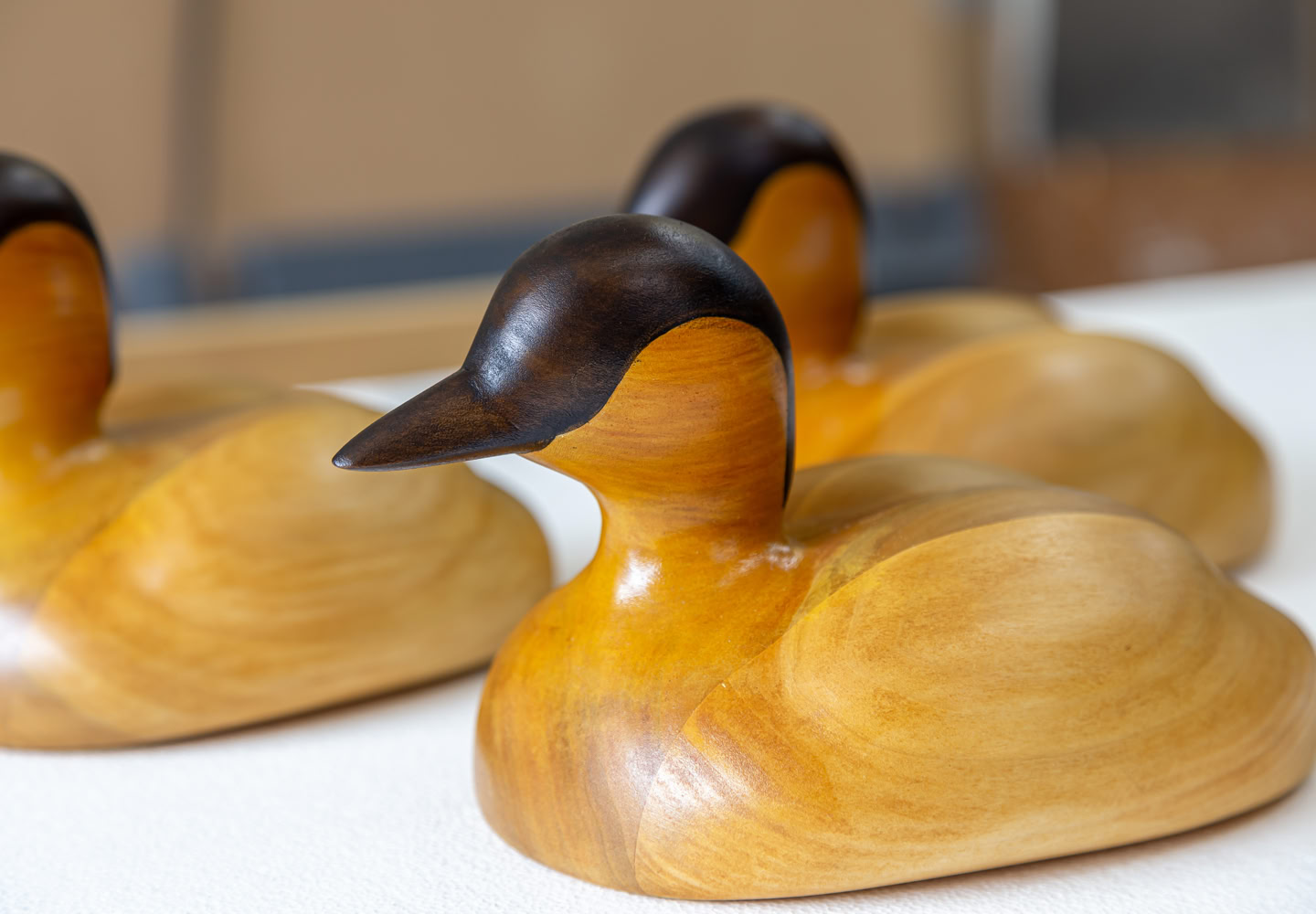
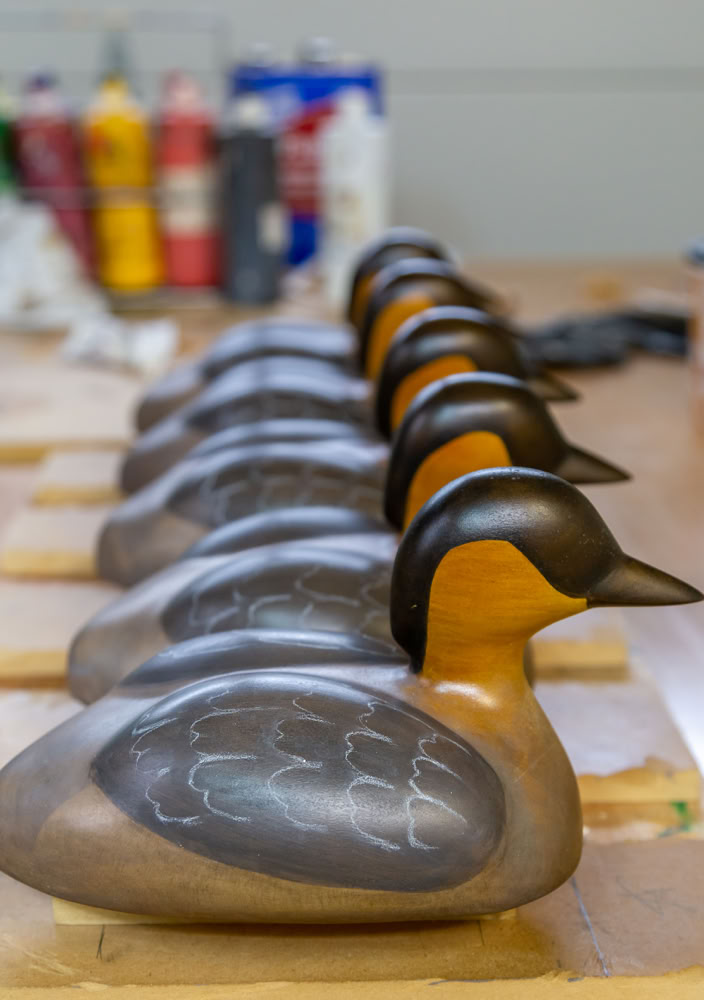
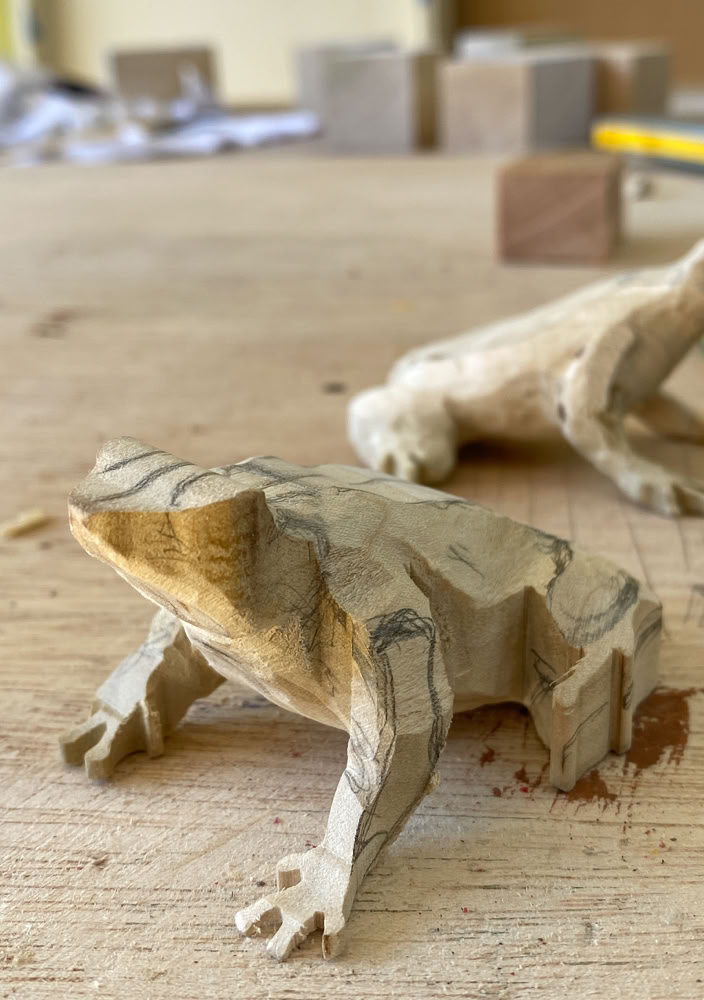
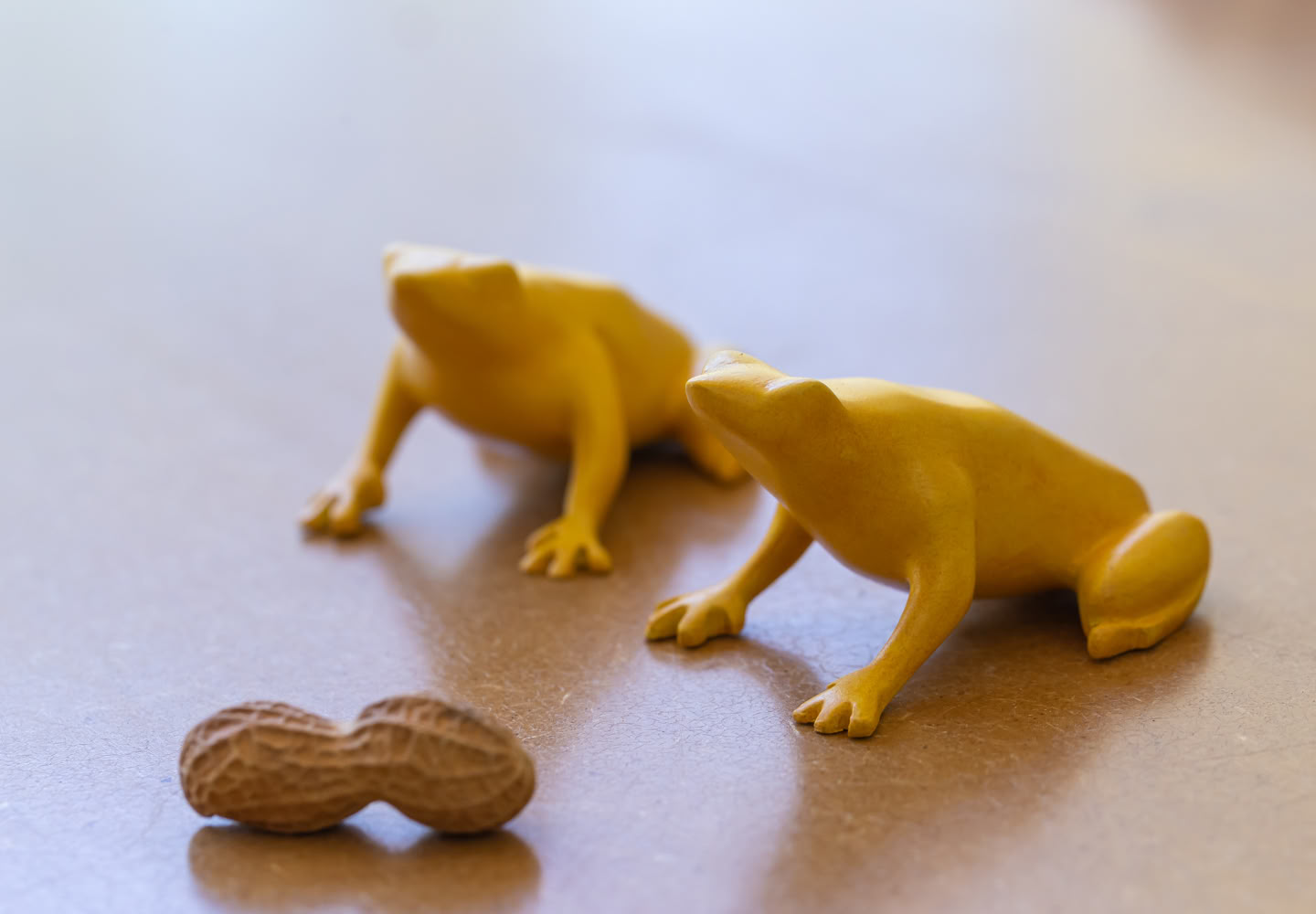
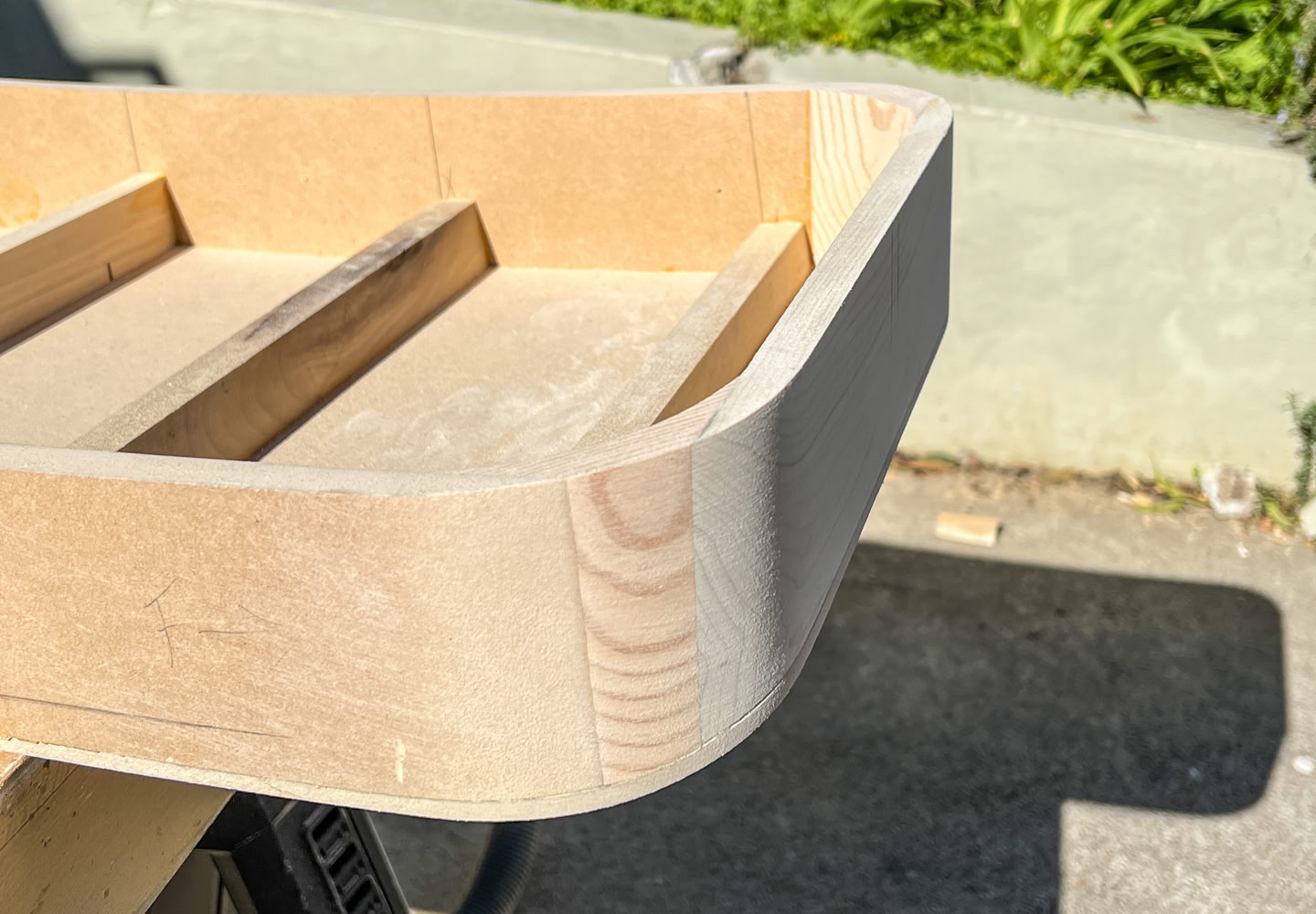
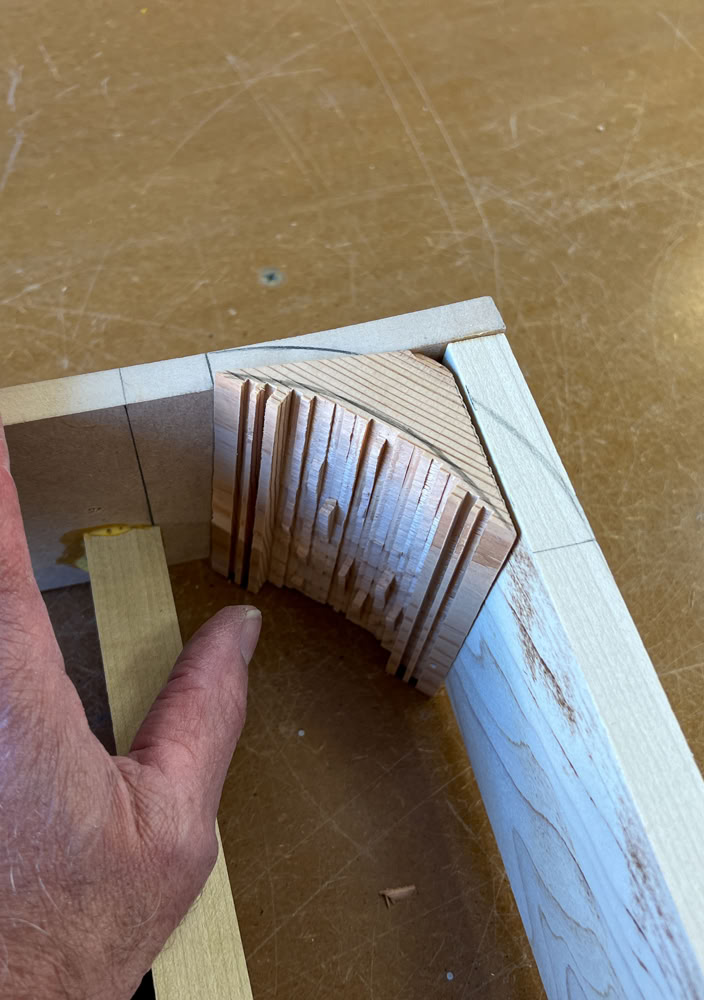
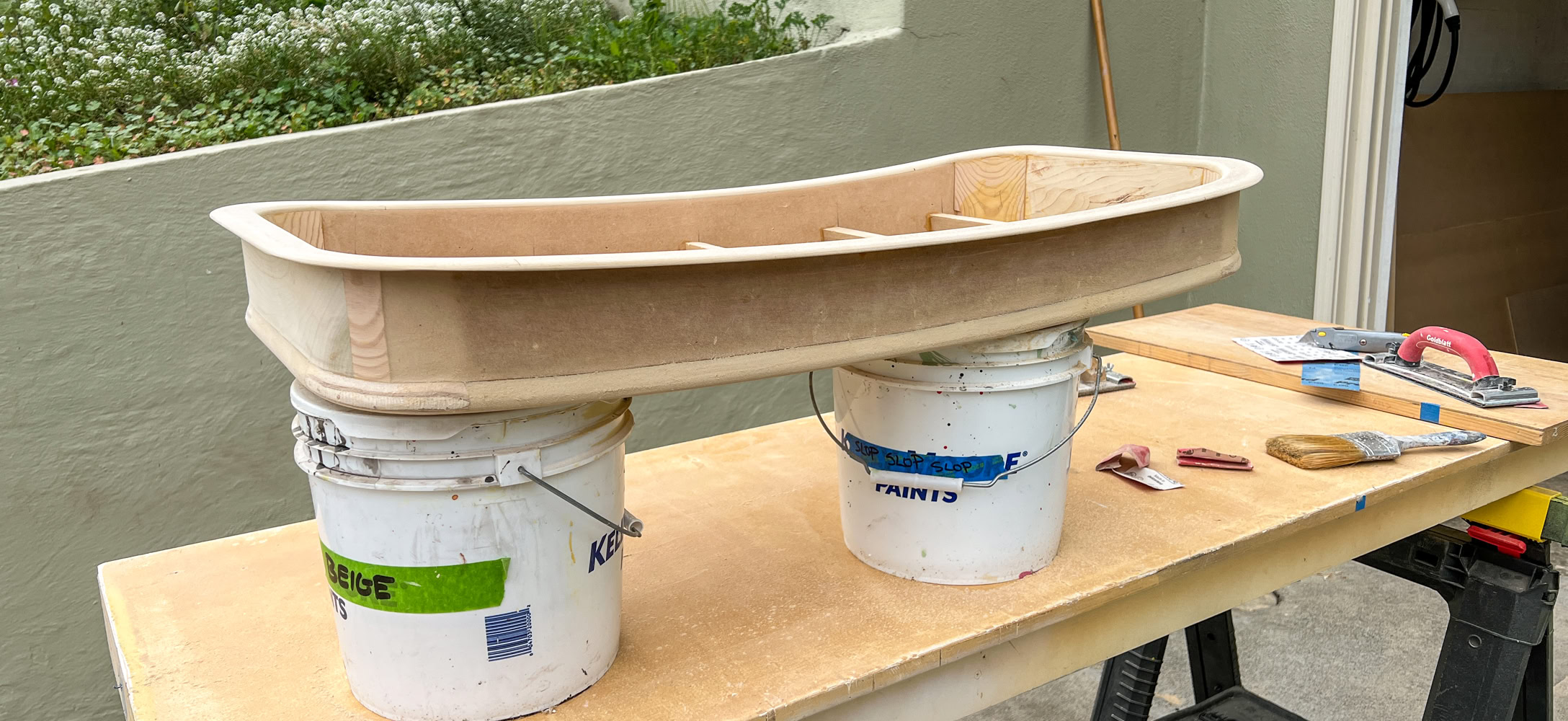
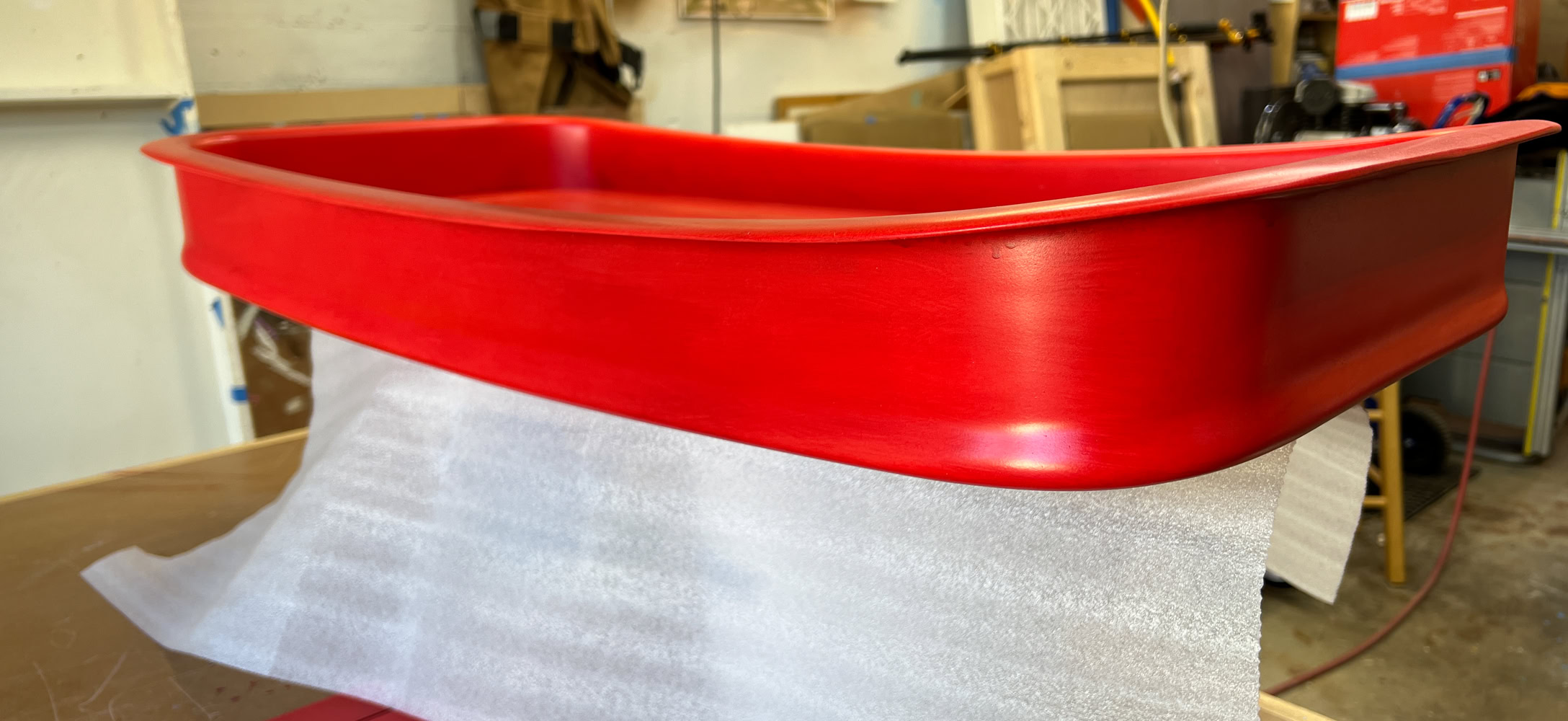
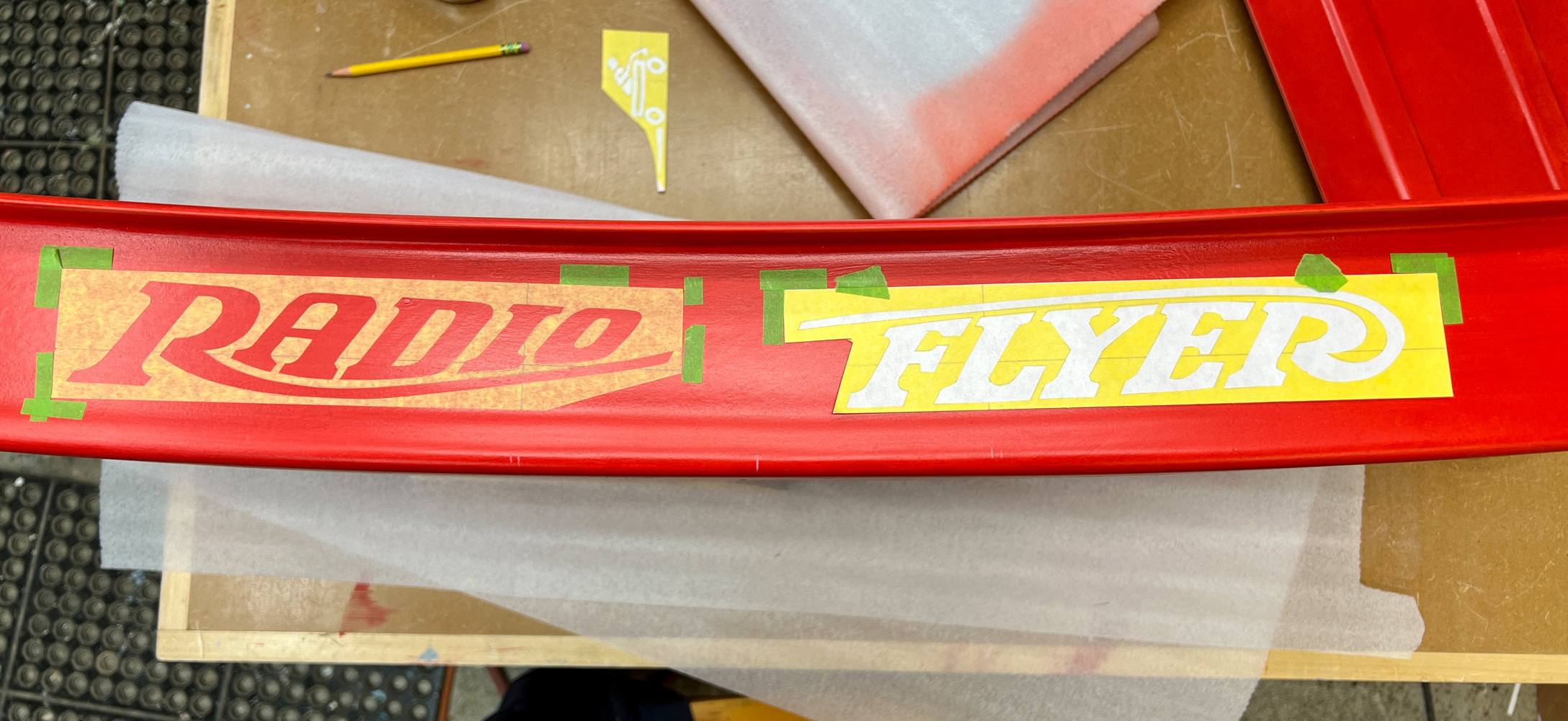
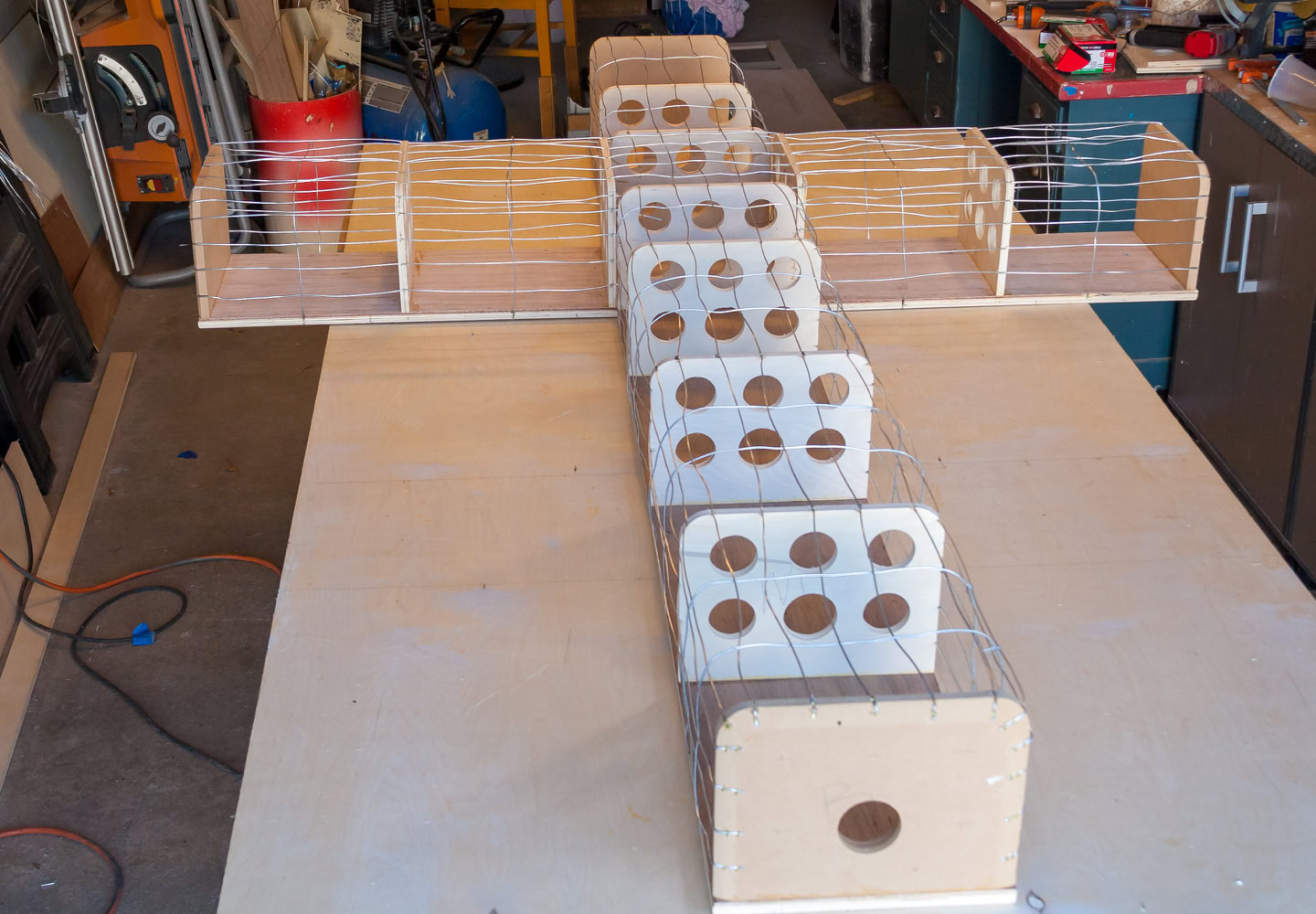
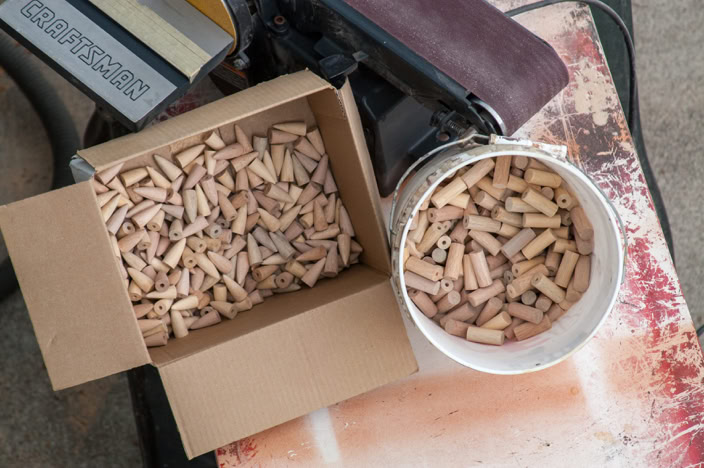
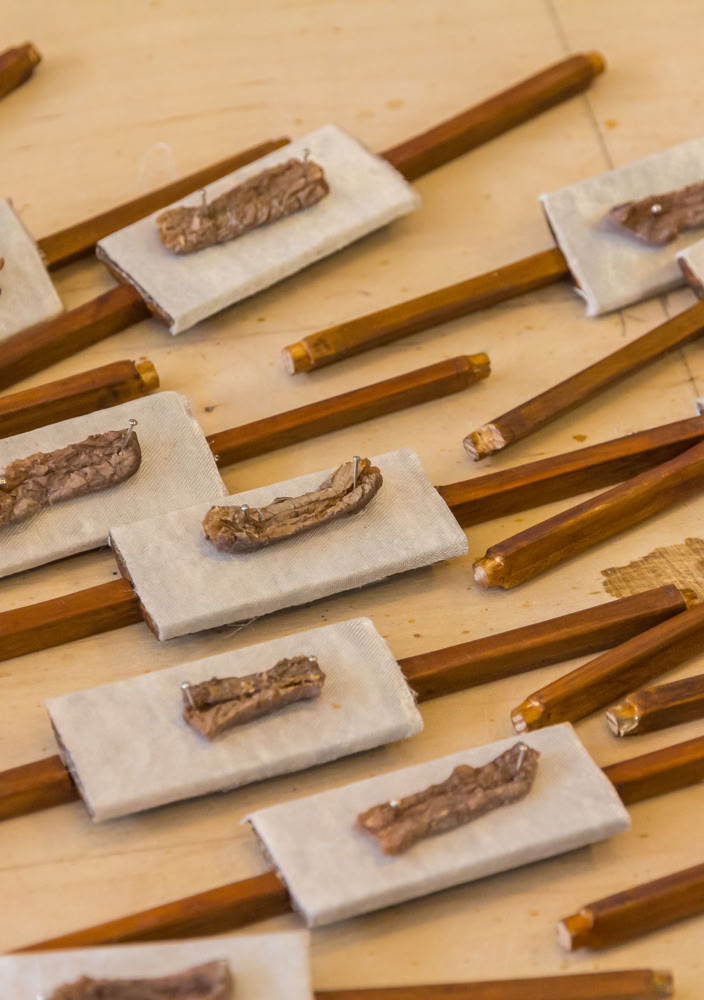
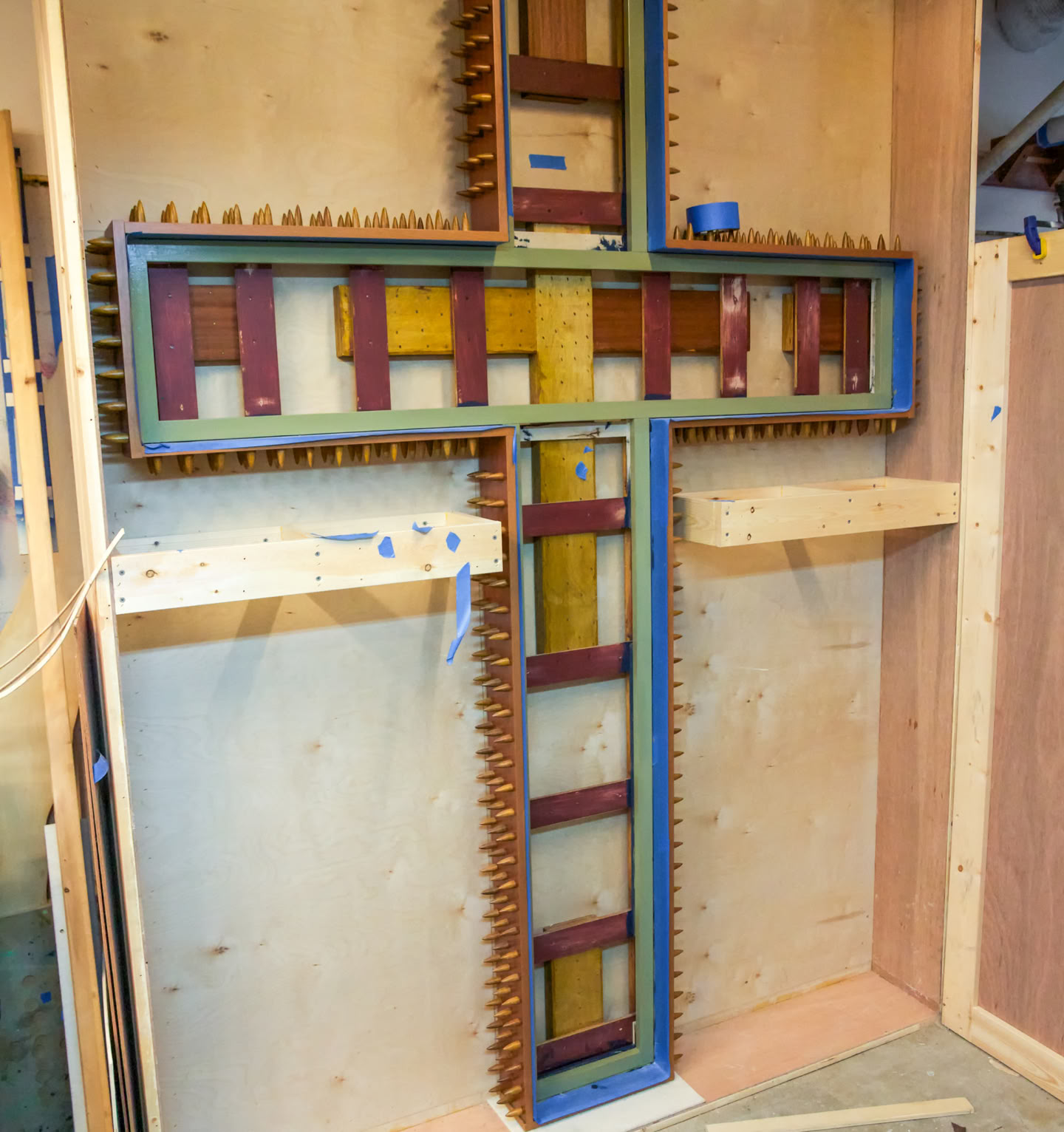
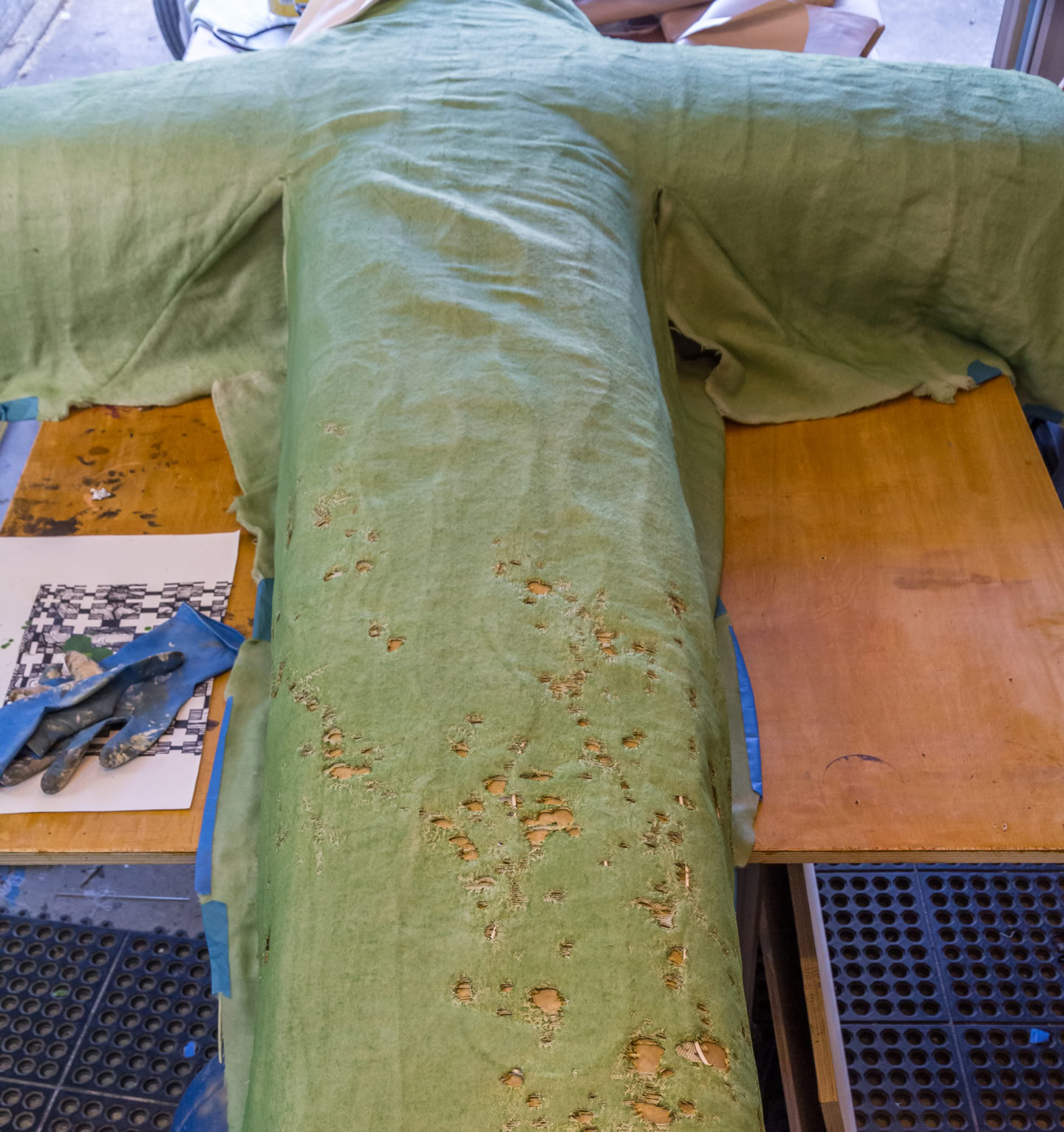
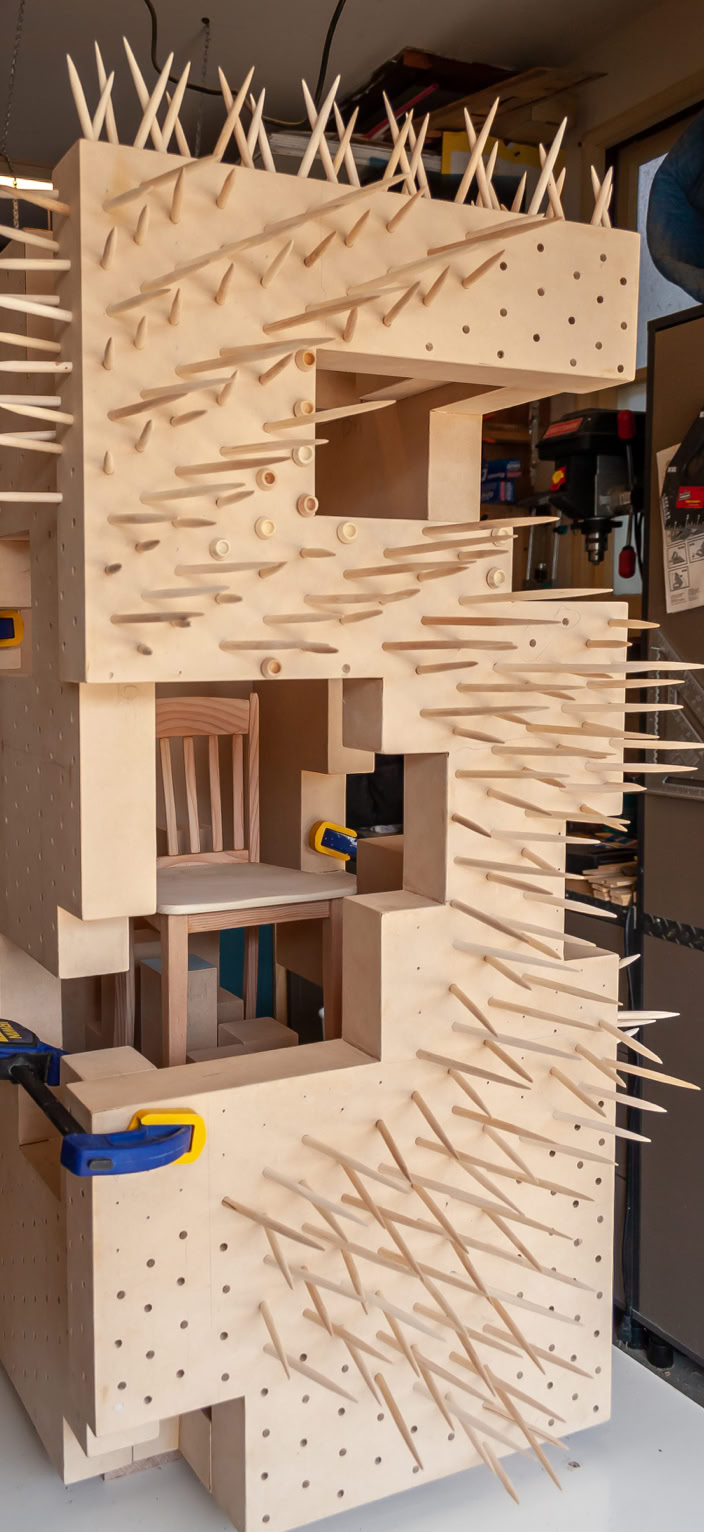
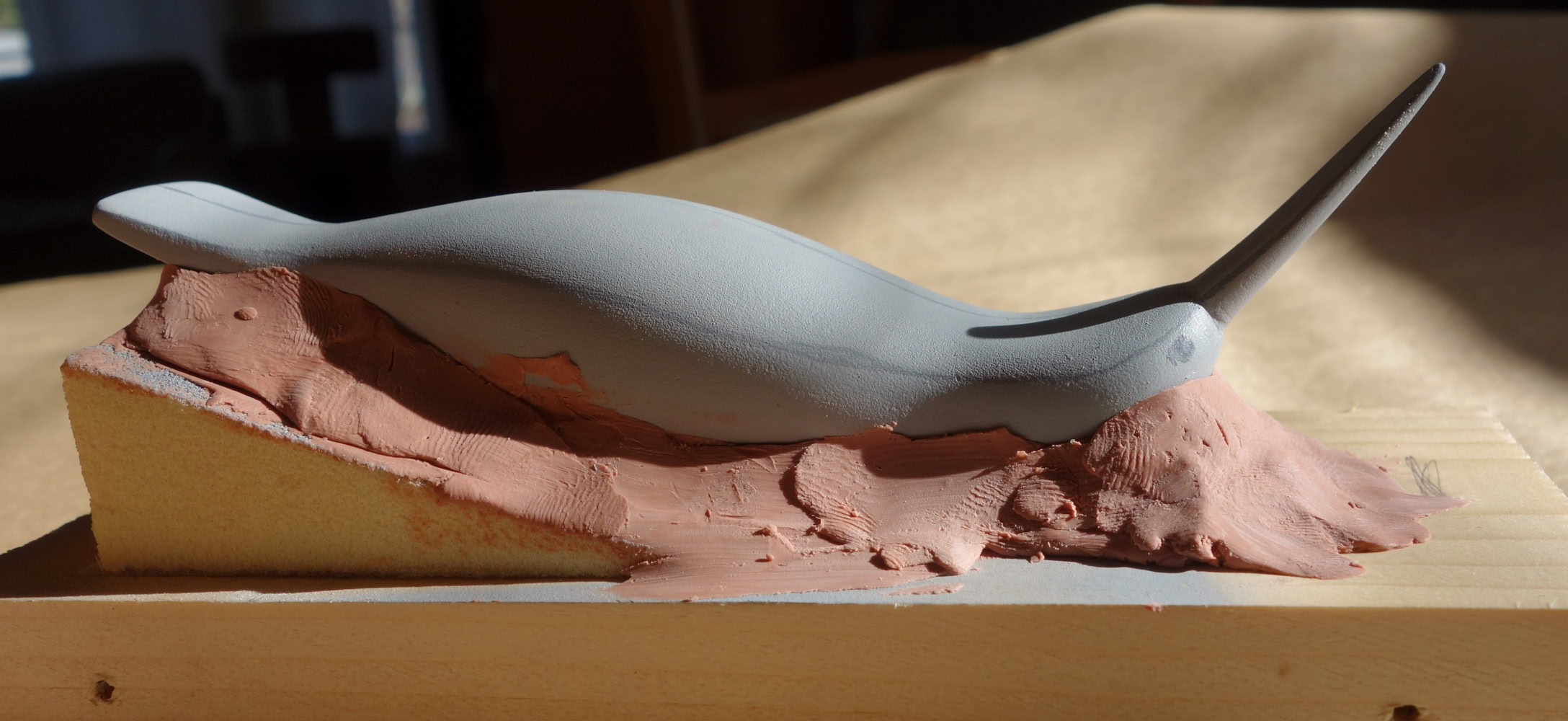
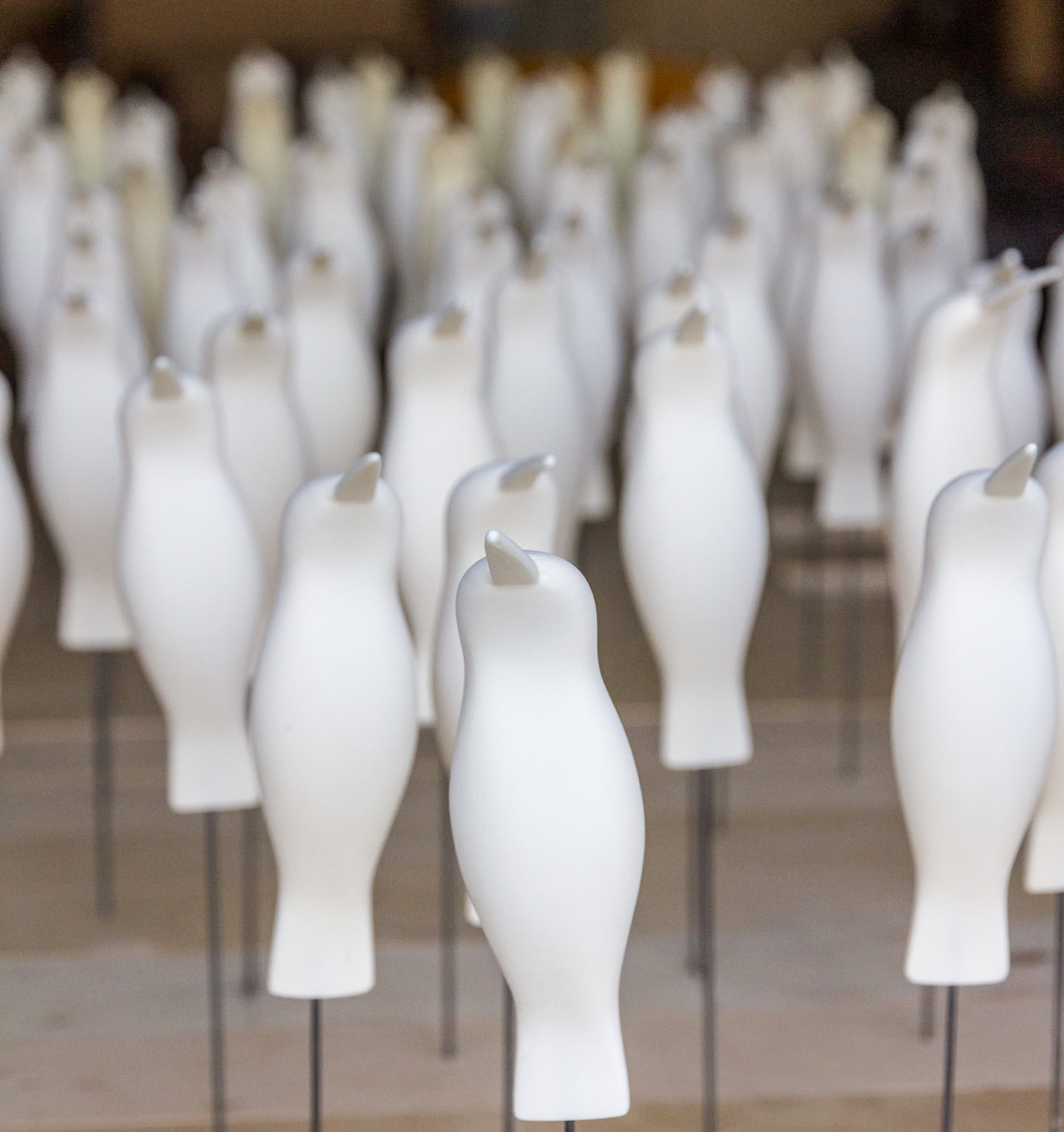

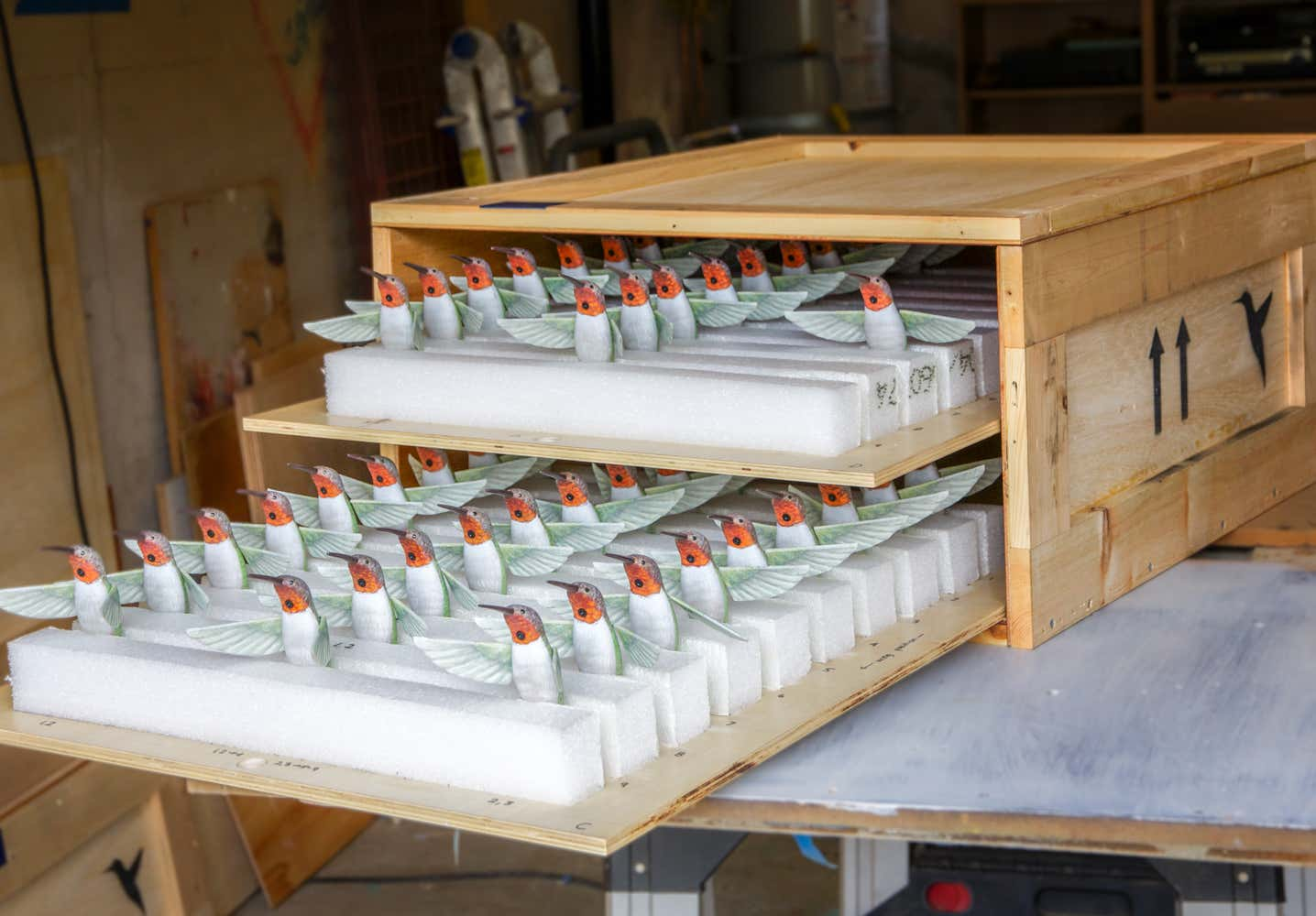
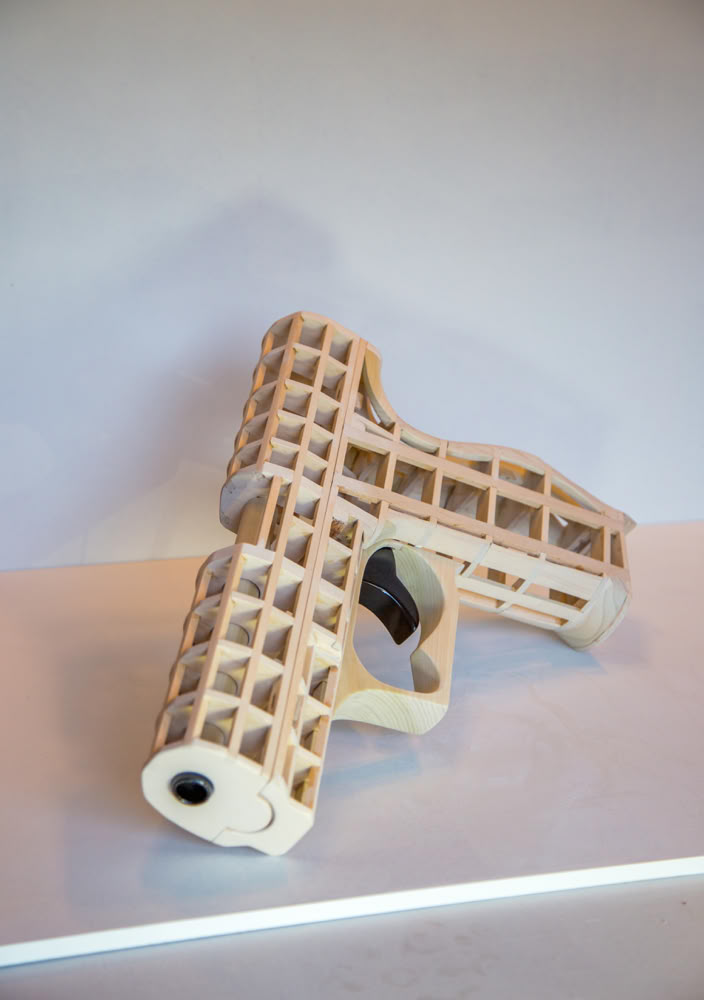
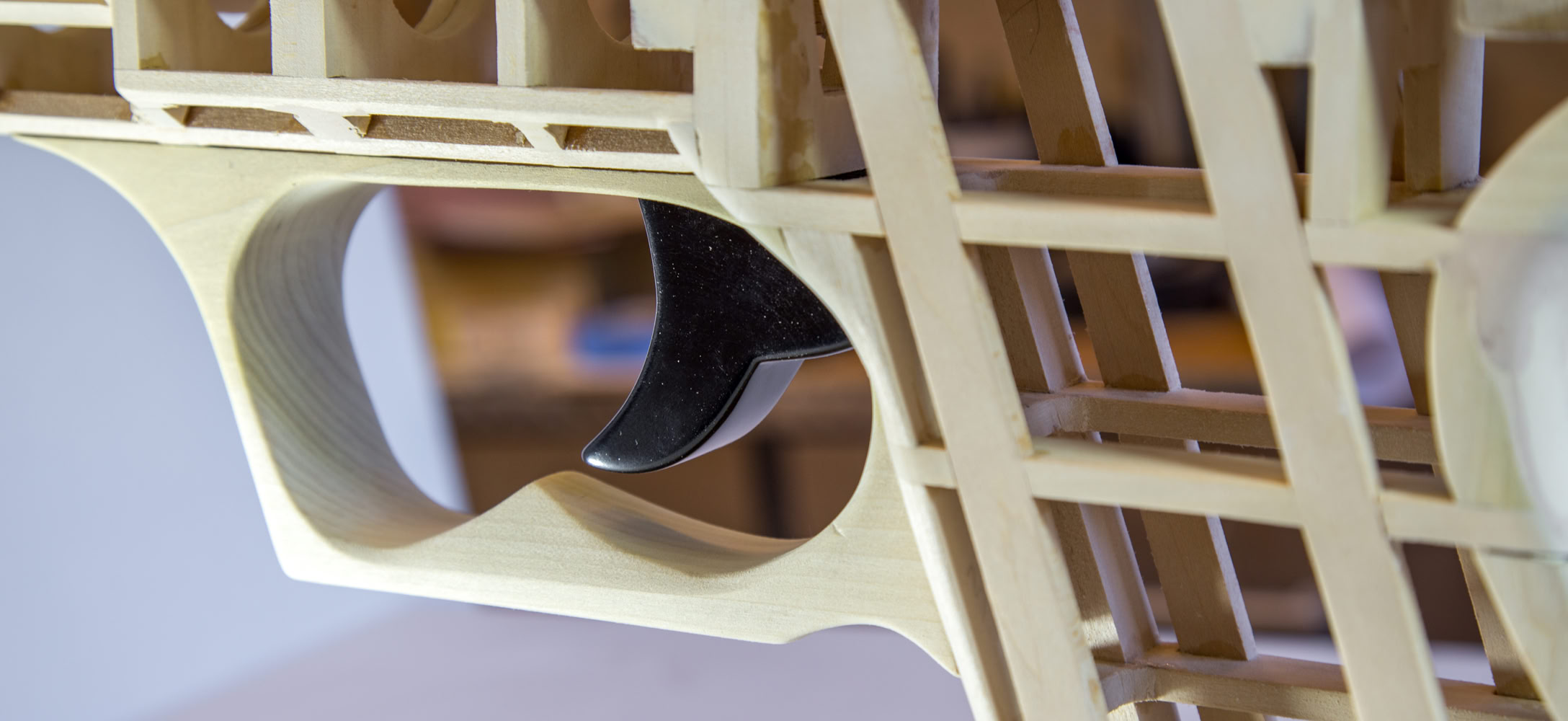
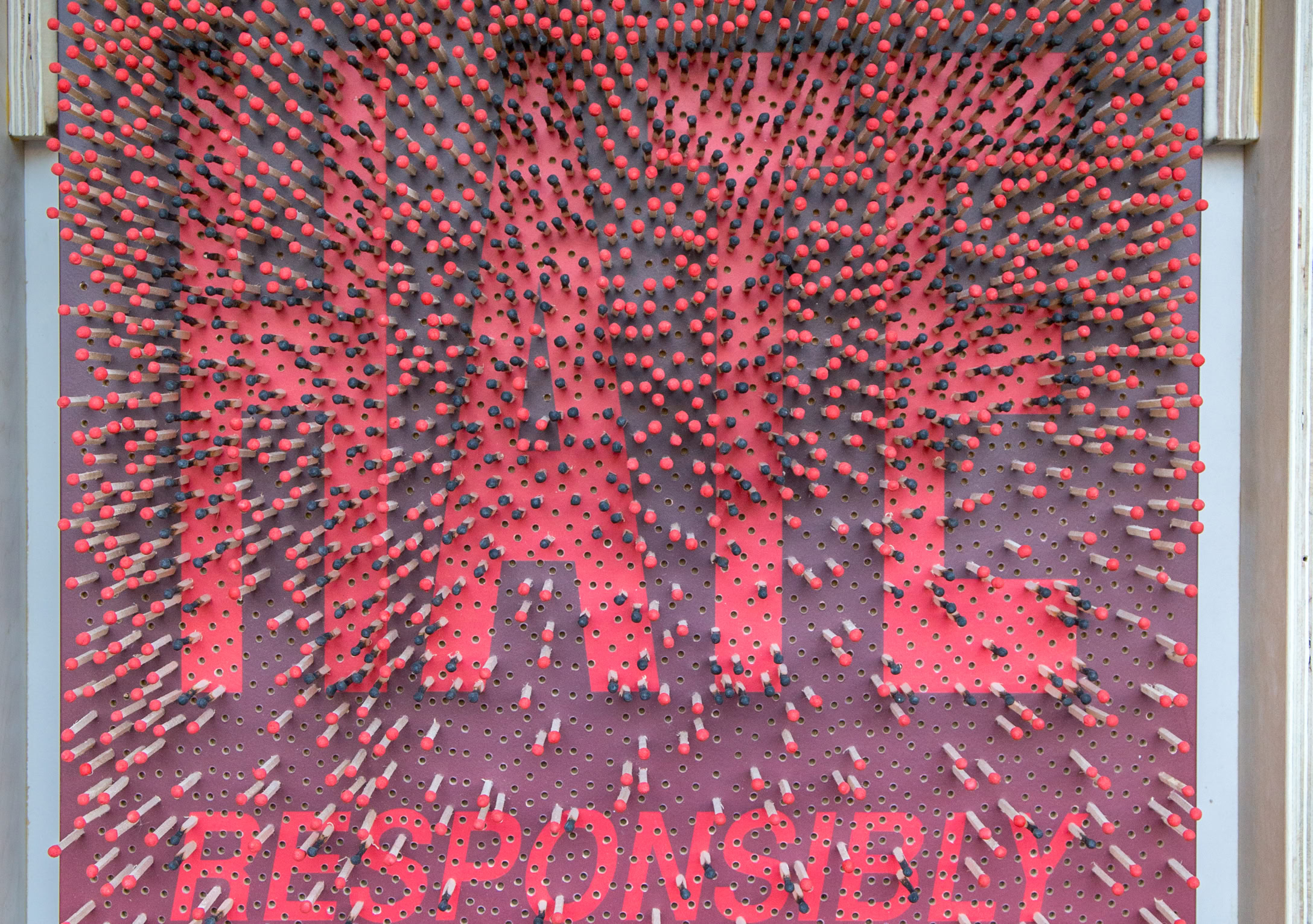
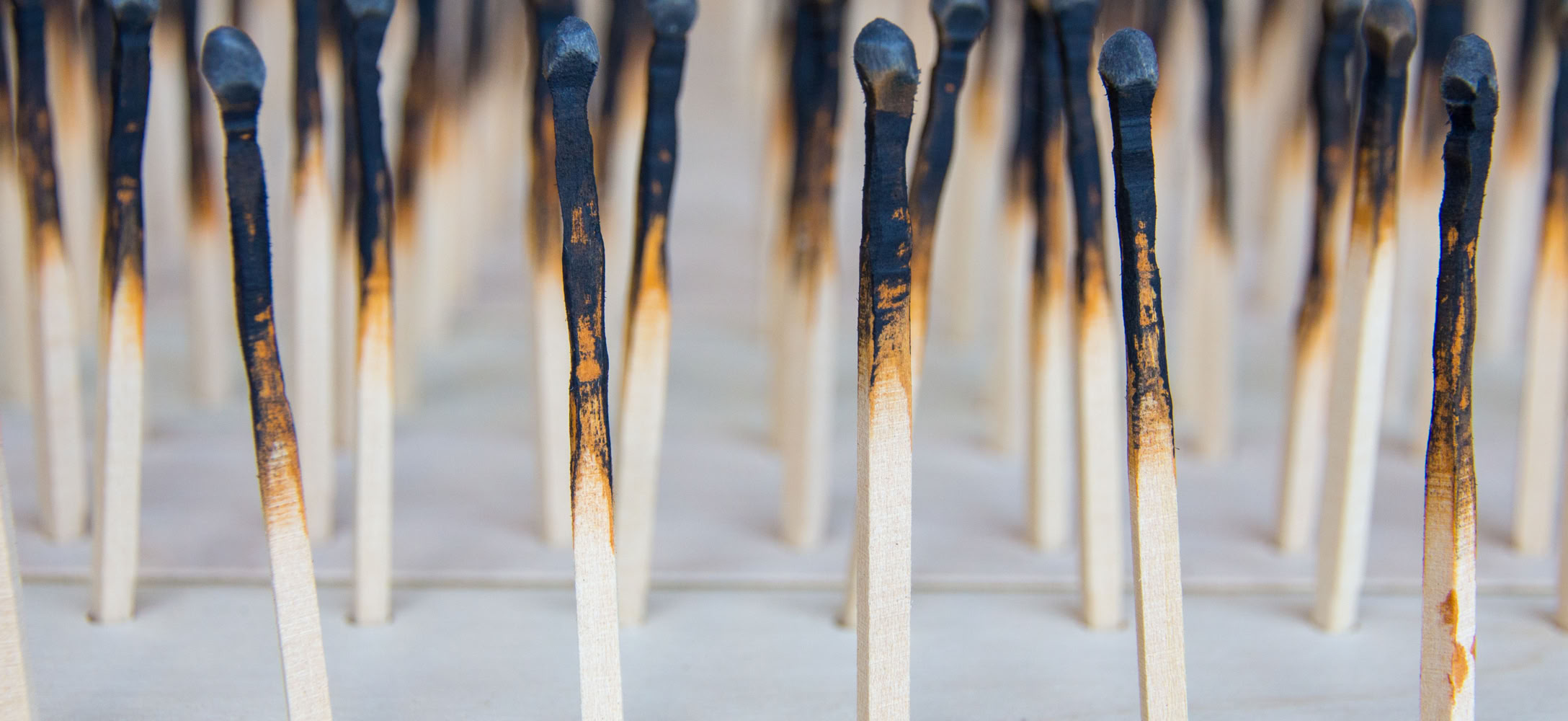
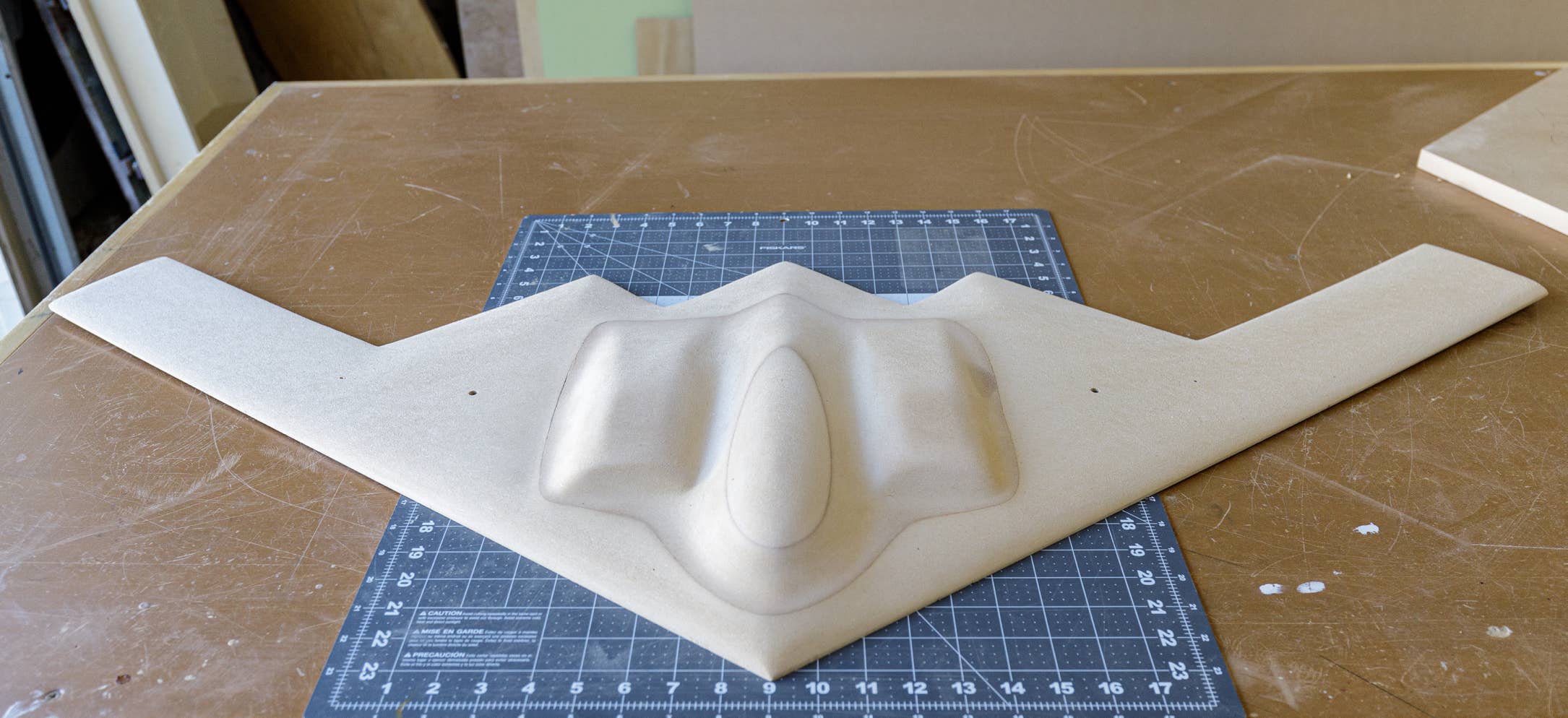
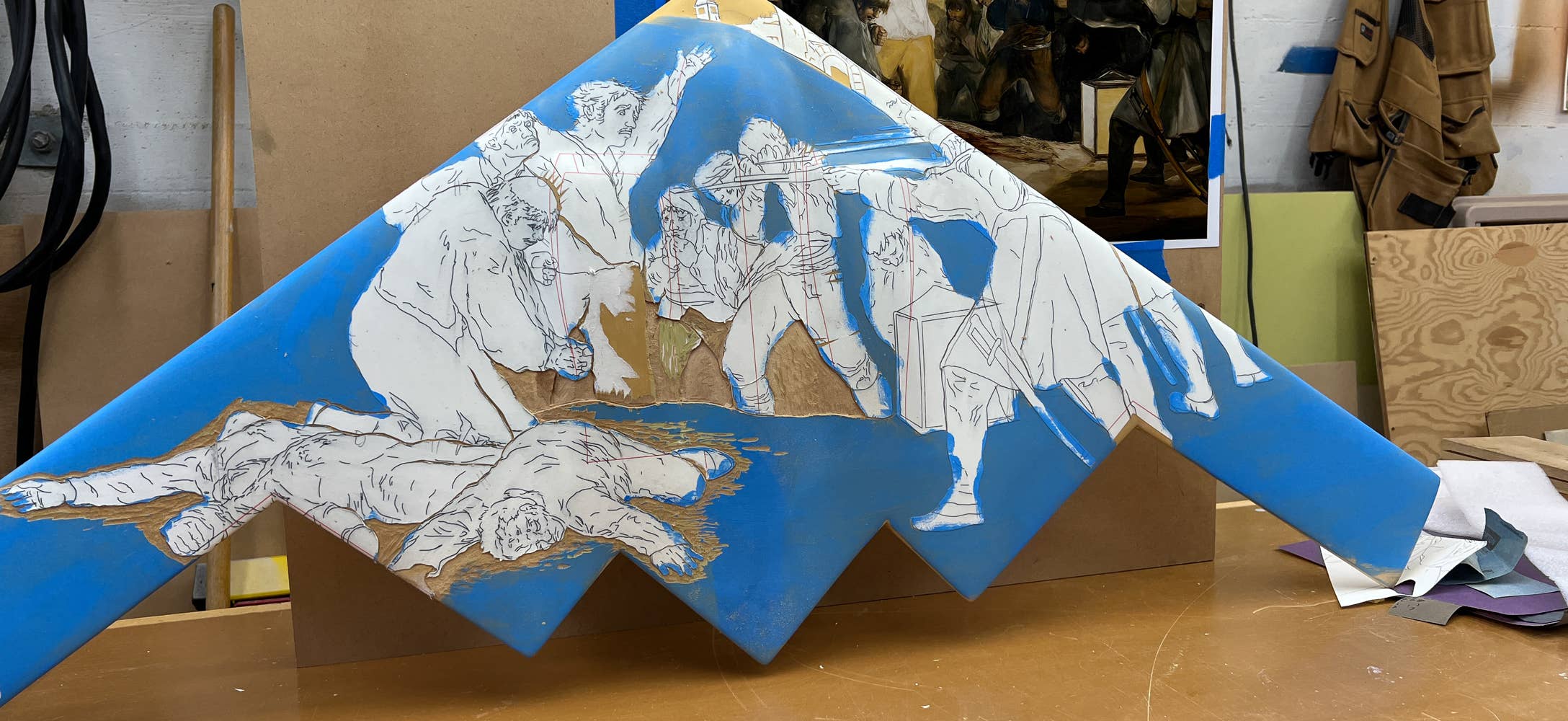
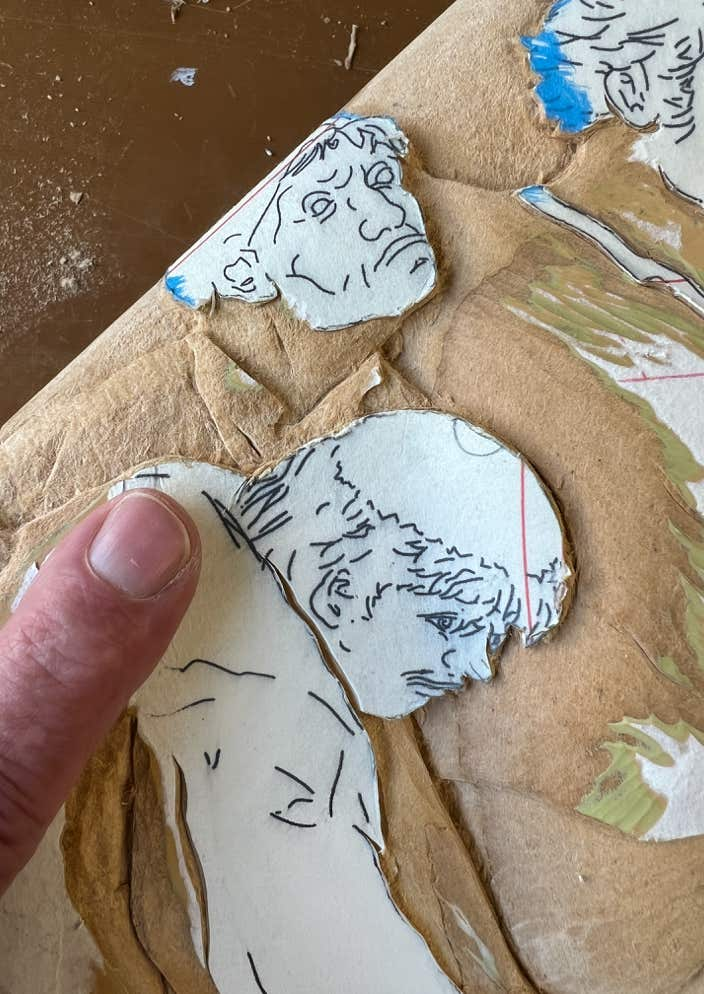
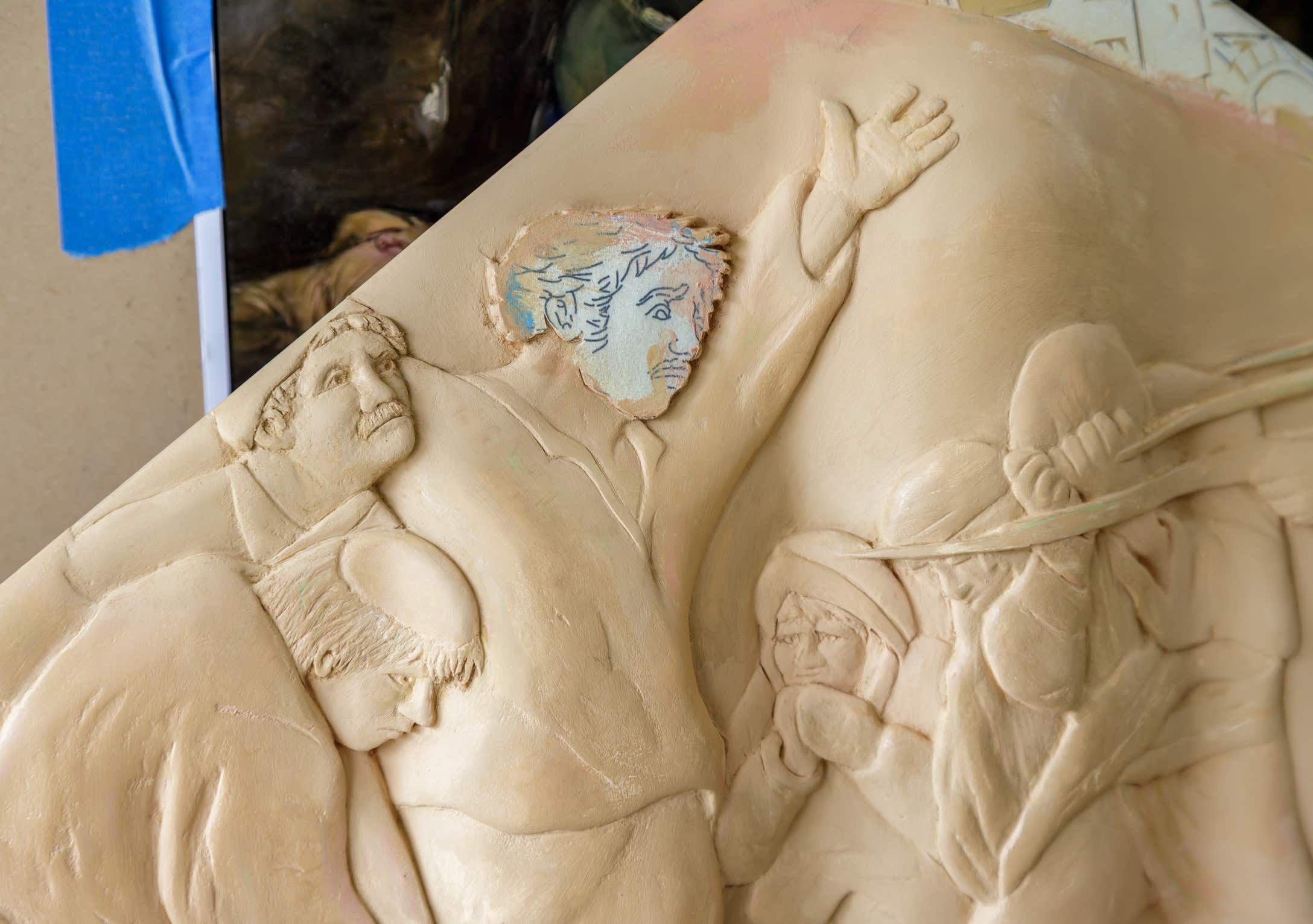
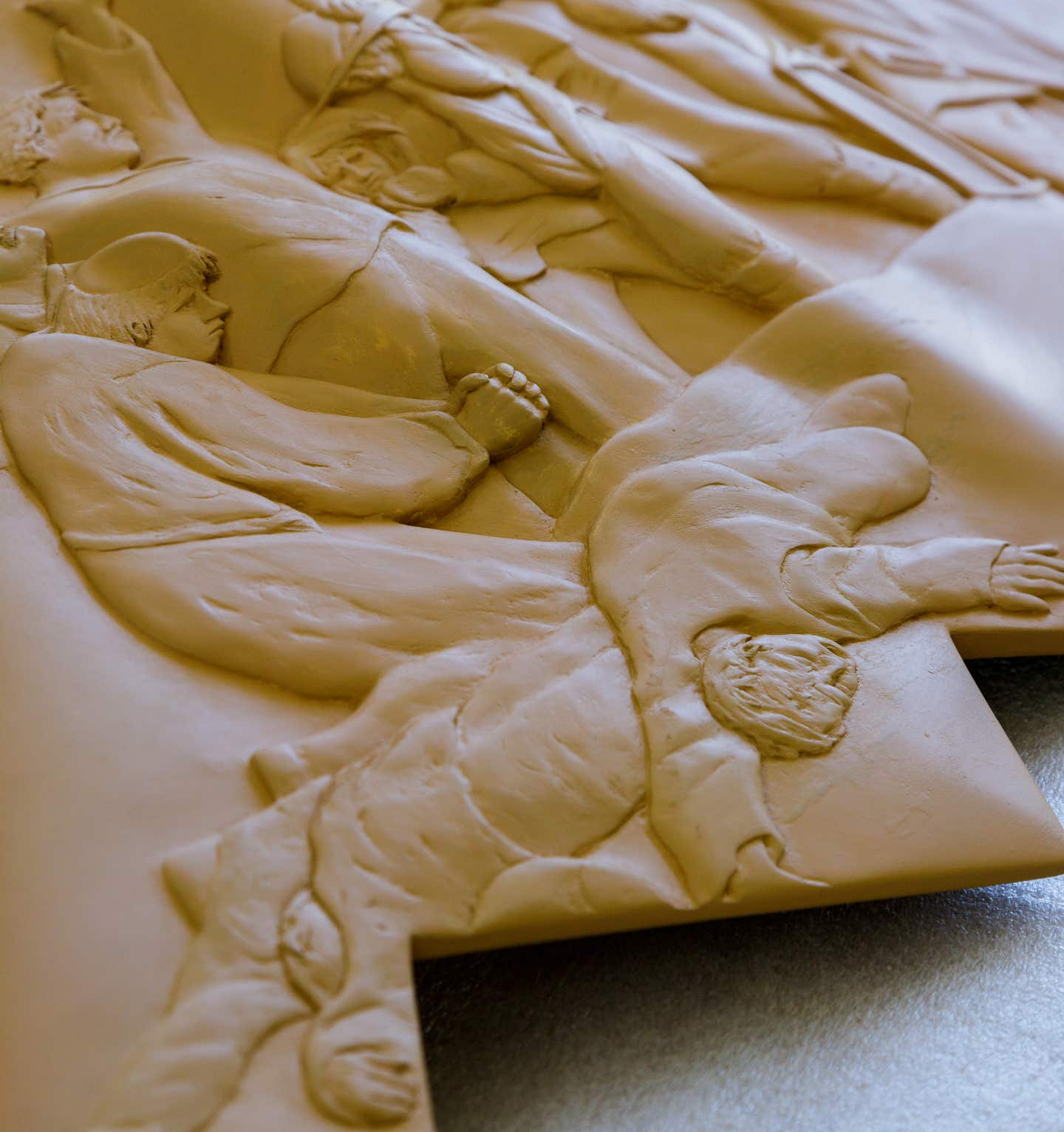
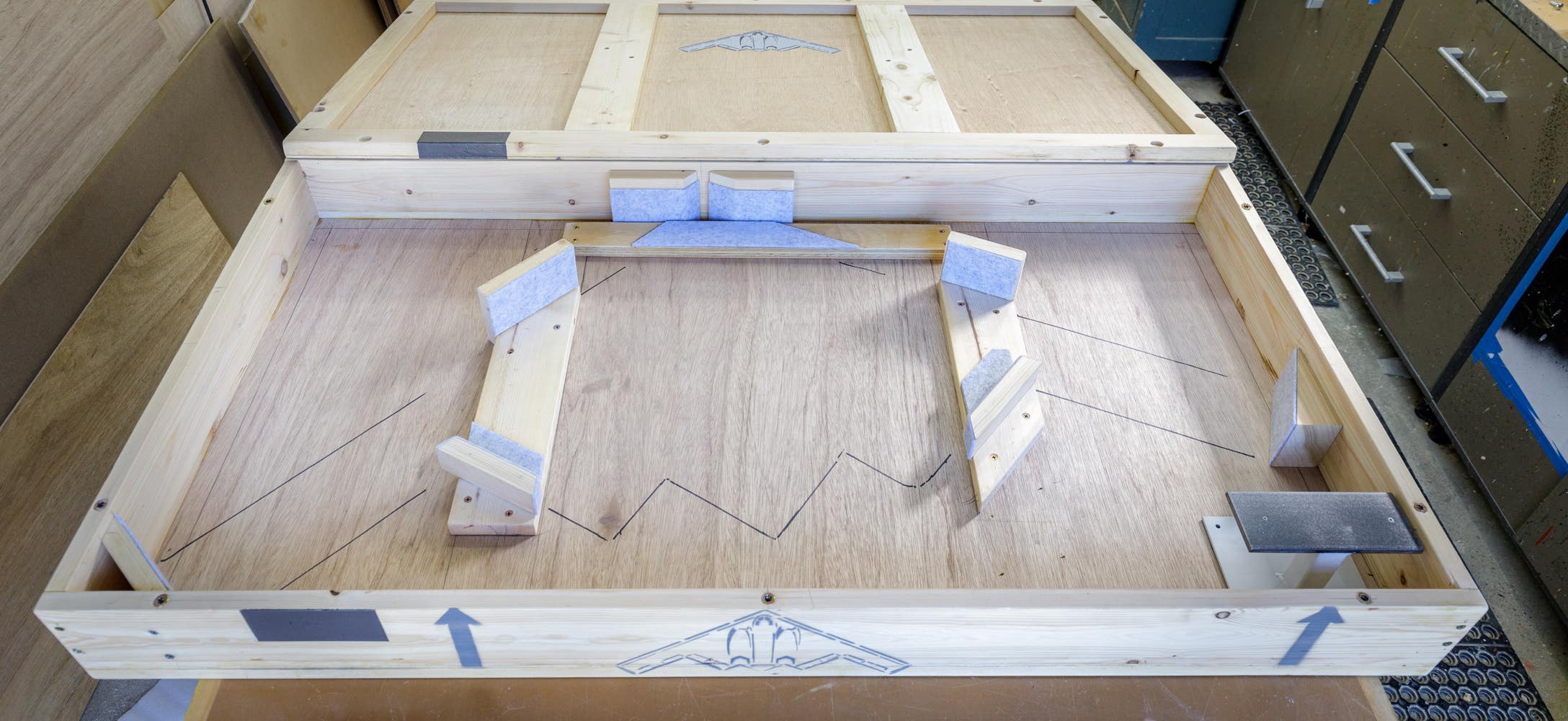
James Shefik
Project photos- the work of the work
A product of constantly changing subjects, materials and techniques used for each new piece is also a constantly changing learning curve. These photos document my efforts.



























































1st Strike arrow build
block aging and lamp receptacles
Internment arrow
Internment arrow placed
Last Goose before aging
Internment painting start
Paint complete
Pride Cleaners aging test
Carved hand and shotgun
Pride before aging
Faux metal bar on Pollock’s paint
Pollock’s first paint
Pollock used Devoe House paint
Detail paint cans
Last Goose framing
First drilled holes for faux shotgun blast
Bending faux neon for Last Goose Cafe sign by successively adding blocking to maintain desired shape. “Neon” material is aluminum armature wire inside painted vinyl tubing.
Collapsing maquette study for sculpture “Hollow”
Hat for sculpture “Hollow” nearing completion
Inside of body for Hollow
Rough body shaping
“Hollow” body sculpting complete
Starting hilt of battle sword
Nose with attachment dowel
“Hollow’s” interior rope routing
Sword handle complete
Standing headless body
Parts painted
Shaping Grebe decoy bodies
Four stages of shaping Hairy Neck Beetles, first shape being done with a scroll saw
First amber shellac coat and deep raw umber dyed heads
Grebe feather layout
Rough shaping complete
First coat frog decoys
Front curve of Over Burdened Radio Flyer project
Curve piece to make corner
All the pieces together to make the Flyer body. 27 pieces in all, pine, poplar and MDF were used.
Spray painted red coat
I applied Yellow Frog tape to backing material, printed design, hand cut tape and sprayed logo
Shaping dowel spears for 150 Years frame
Framework for Unauthorized Access cruciform bed
A few of the 15 cast rubber specimens for the Holy Prepuce Reliquaries. Link is to a Google image search that uses my faux reliquaries extensively! The Holy Prepuce was Jesus’ foreskin and a pilgrimage to see the Reliquary afforded you a 10 Indulgence. (Time off of purgatory)
Outside frame for 150 Years on Indulgence in its crate. Green base color for faux metal interior.
Below is the mortise and tenoned 12” chair inside I Am Not and Army.
Electric Blanket detail for the Dominion cross piece, created holes with heat gun and aged fabric.
Hummingbird body used to make molds for casting the 100 bodies of “I’ve Not Had Enough of You”
100 cast and primed hummingbird bodies ready for finish paint work. I wound up taking 17 or so steps to complete. I tried to keep them as identical as possible to add to nightmare effect of a swarm of beautiful drones with bad intent…
Throats painted and holes drilled for faux cameras. I hollowed two bodies out and drilled a hole in birds belly to put real cameras.
Bird pew crate, this houses 50 birds. Crate not only protects it organizes wing positions.
Basswood frame for GunPlay
Framing detail for 3 X sized GunPlay and finished trigger
Second version of “Hate” used a more organic layout for a grid resulting in too many faux matches. I took out a few hundred!
Fresh batch of faux burnt matches, each piece takes thousands!
Top half of B-2 consisted of two 3/4” and one 1/2” layer of MDF. The bottom was a 3/4” piece laminated after shaping was done.
Pictured above is at the start of carving the Goya bas relief on the B-2 bomber. I printed a drawing of Goya’s “ The third of May, 1808” painting, and adhered it to the undulating surface. I established the outlines of the image with an x-acto blade and used chisels to rough out the figures, while maintaining the shapes of the cockpit and engines. I continued this process till I felt there was enough separation of the characters and the painting had come to life.
Here I use a finger to show the scale of the faces to be sculpted. The piece uses a particle type board that required priming, sanding repeatedly to render the minuscule details.
Nearly done with all the carving, the final face probably required another 5-7 hours.
The piece is not finished till a proper crate is built to safely house the artwork. I enjoy this part of the process also. Each crate is unique in how it captures the piece. I started cutting out logos for each crate in 2013.
James Shefik © 2025